Small business cybersecurity guides, endpoint protection reviews, and security compliance resources.
Cybersecurity Services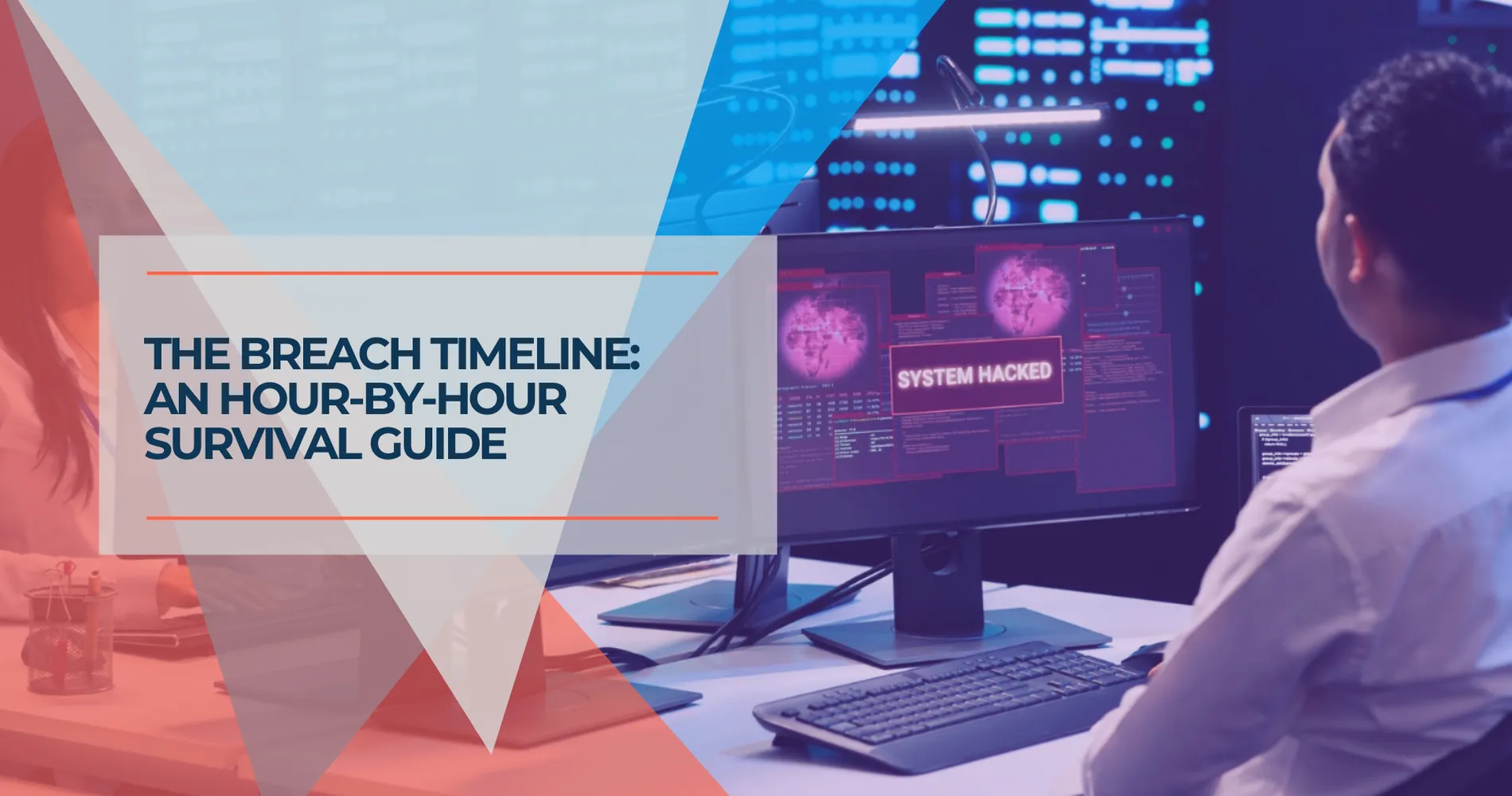
A practical, phase-by-phase timeline of what happens when a small business gets hacked — from discovery through recovery — with verified 2025 data and actionable guidance at each stage.
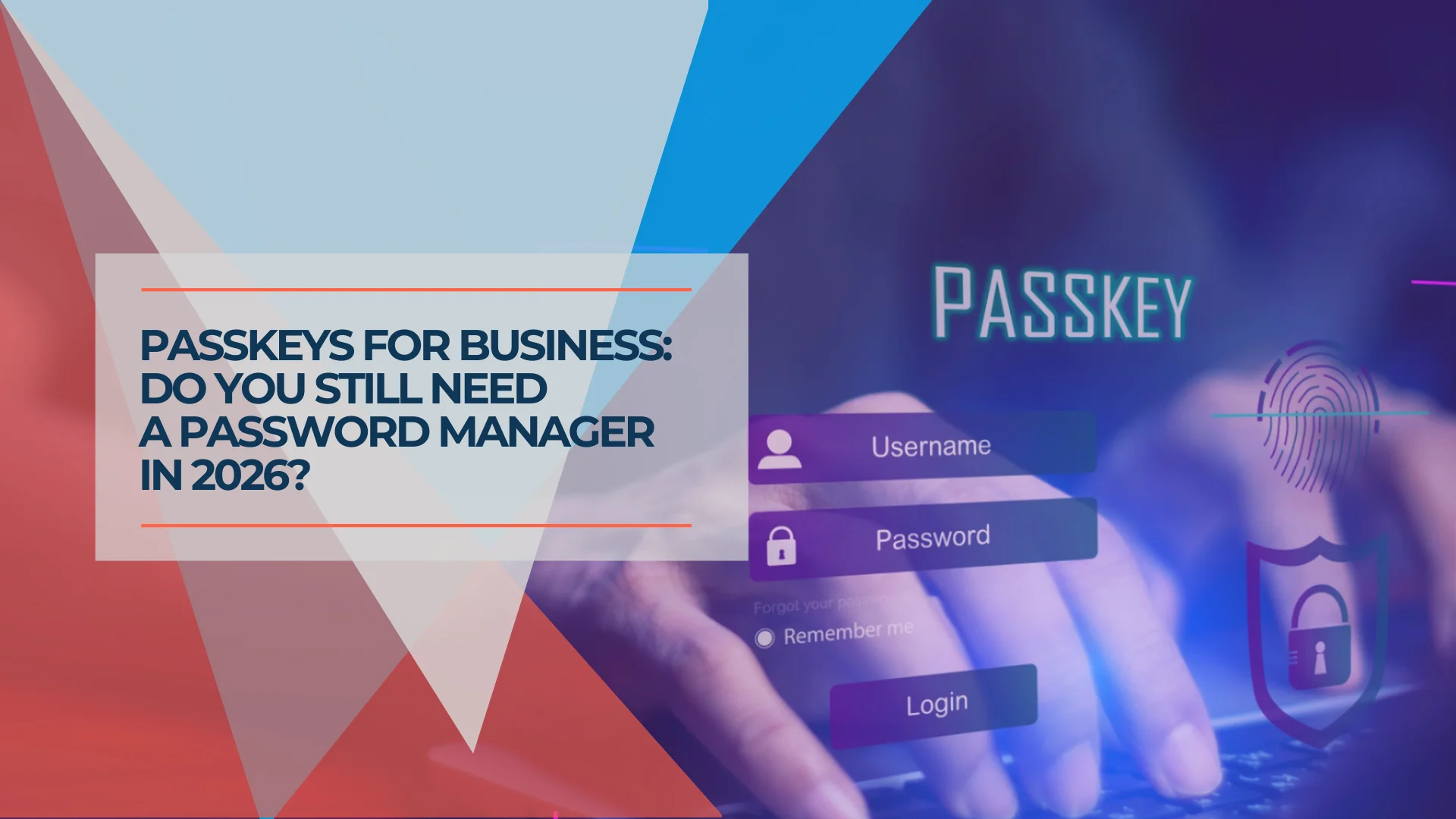
Confused about passkeys vs password managers? Learn why 1Password and Proton Pass remain critical for team sharing, legacy sites, and security—even with passkeys.
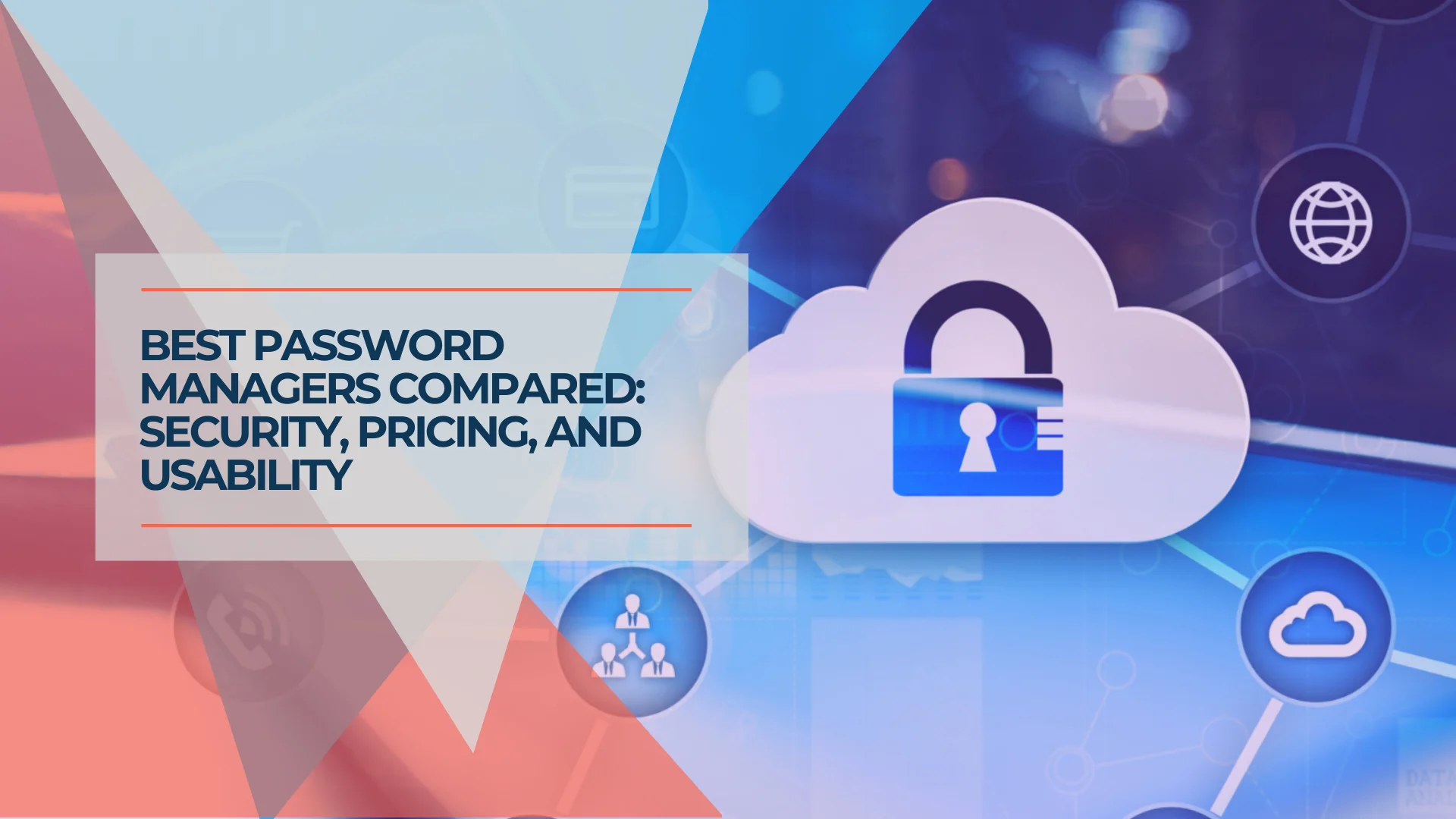
We tested and compared 1Password, NordPass, Proton Pass, and Bitwarden on security, pricing, and usability. Find the right password manager for your needs—free options included.

Find the best VPN for remote work in 2026. Compare NordVPN, Proton VPN, Surfshark, and ExpressVPN based on speed, security features, and dedicated IP options for remote professionals.
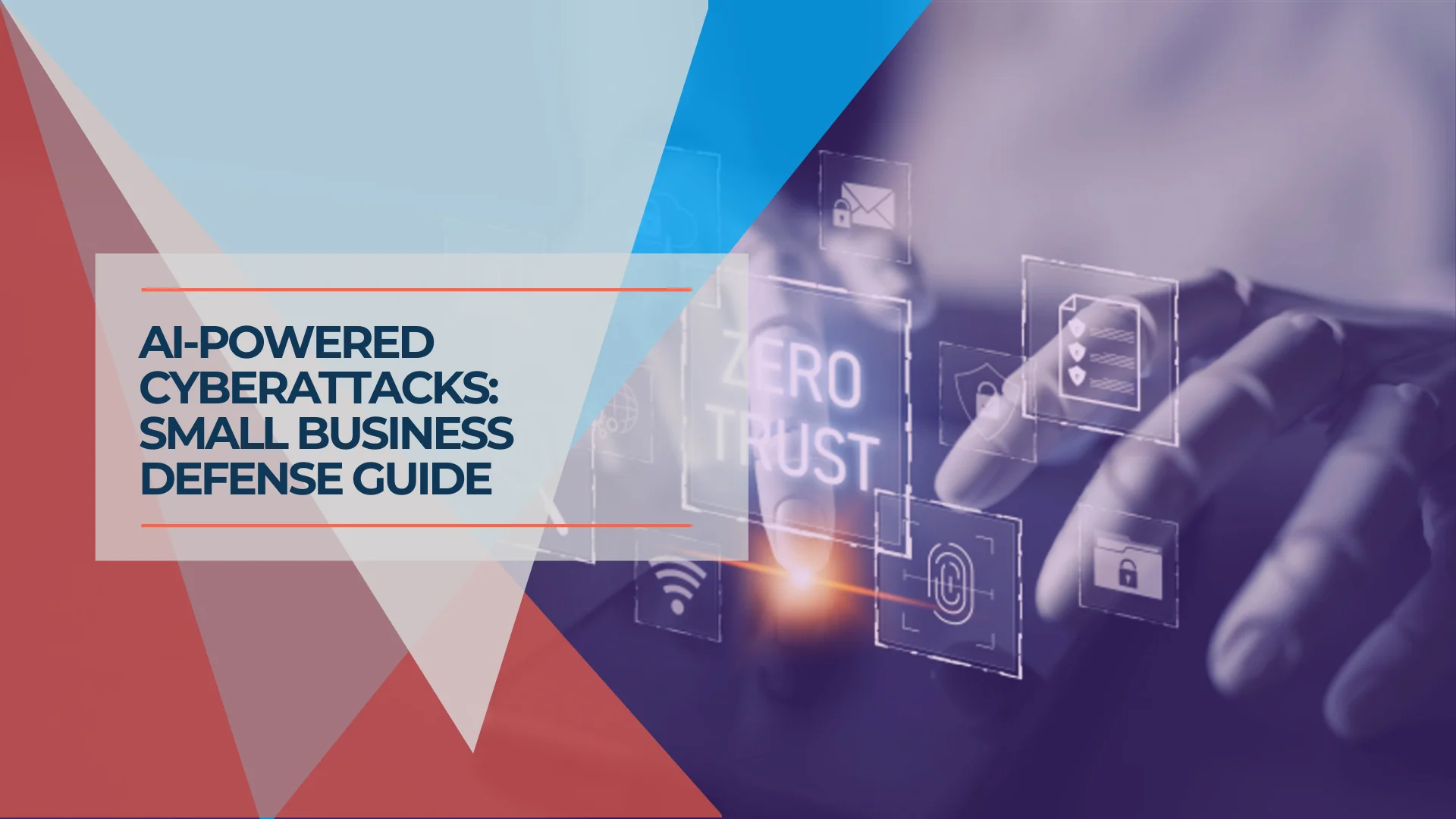
Practical guide to defending against AI-enhanced cybersecurity threats. Learn how AI changes common attack methods and build effective protection for $182-308/month with a straightforward 90-day implementation timeline.
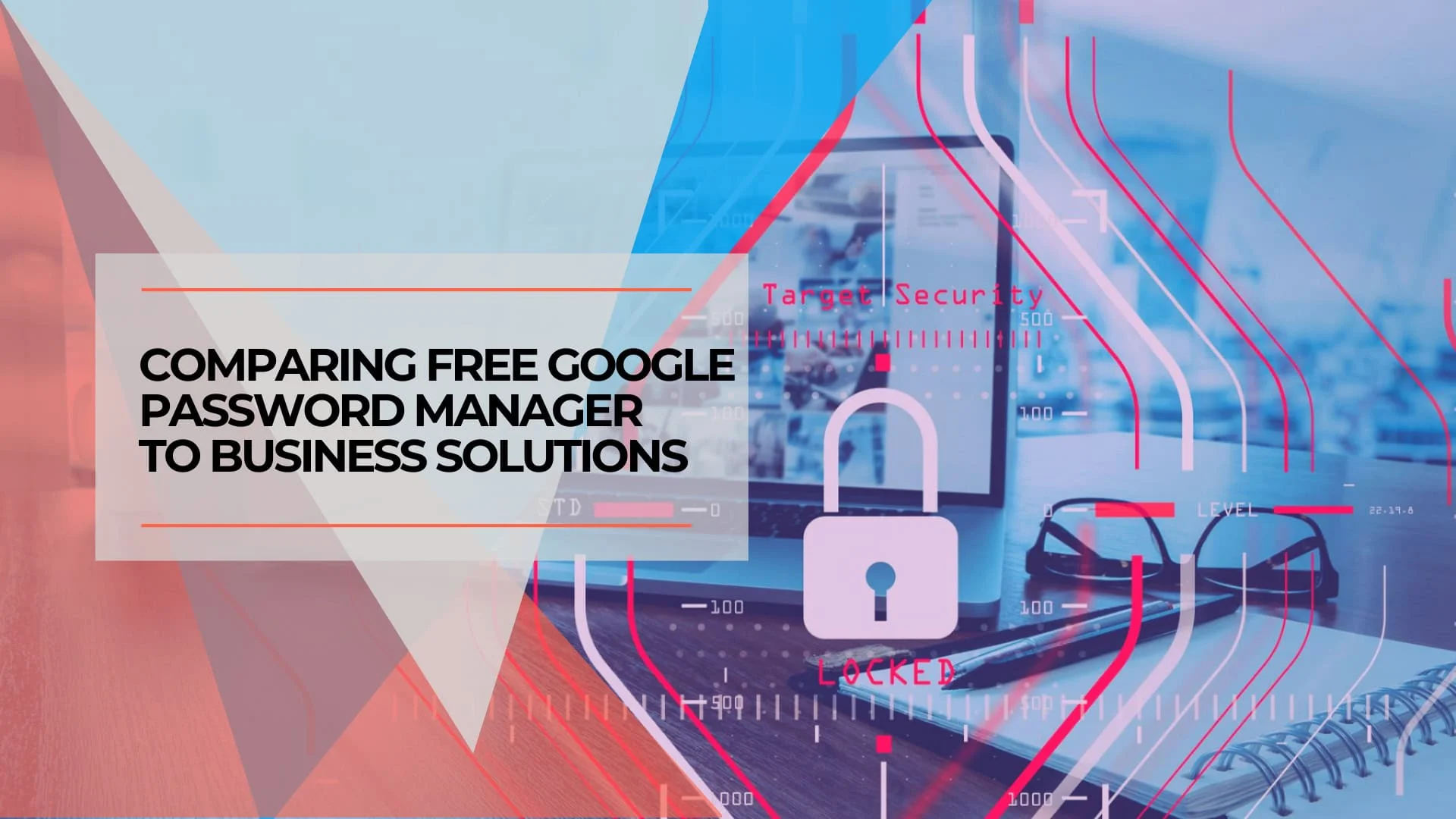
Honest assessment of Google Password Manager for business use. Understand its limitations, when the free option works, and when you need 1Password or NordPass instead.
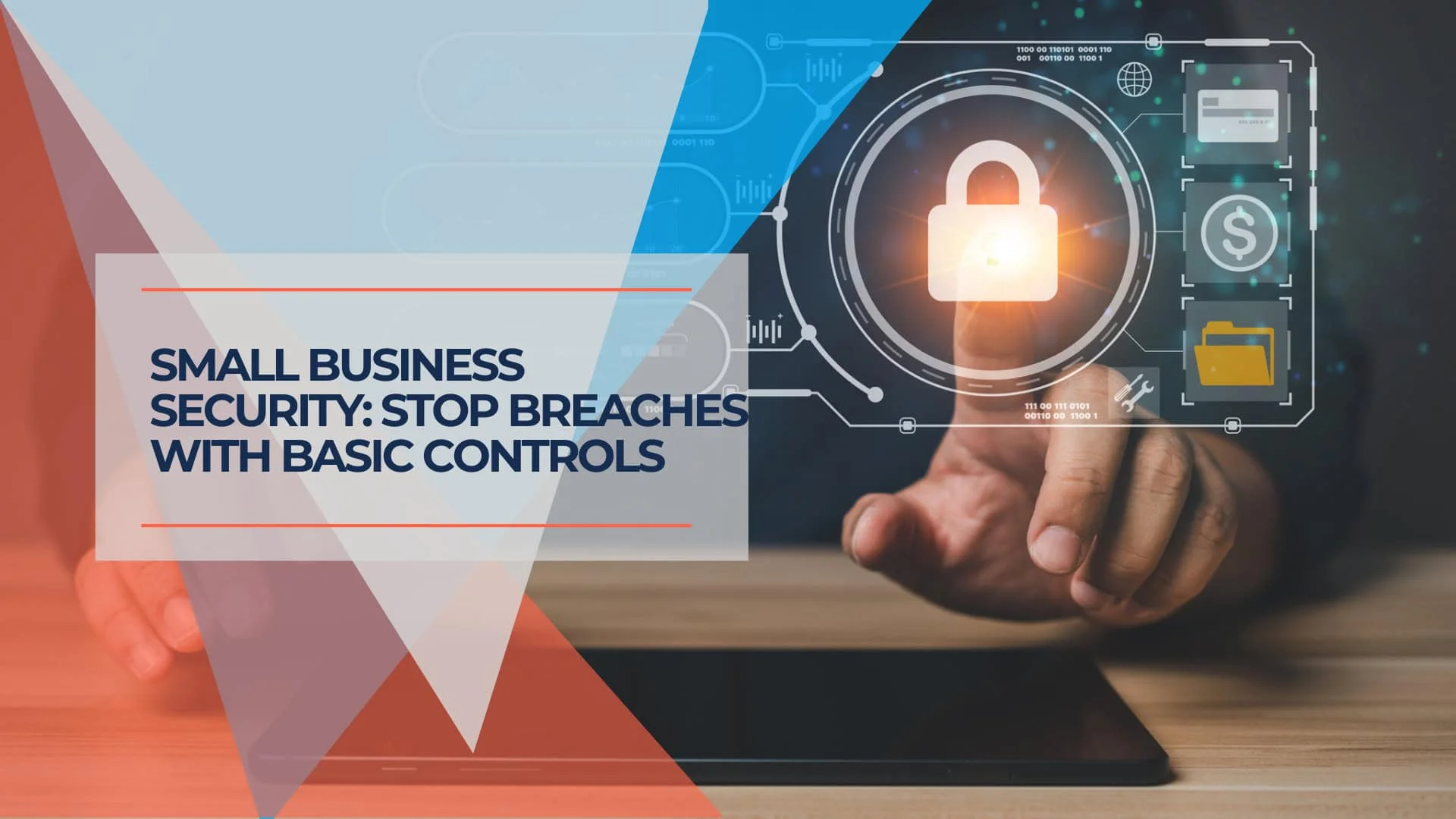
Practical 90-day breach prevention guide for small businesses. Covers the three big moves that cut risk fast, email templates, incident response planning, and security metrics tracking.
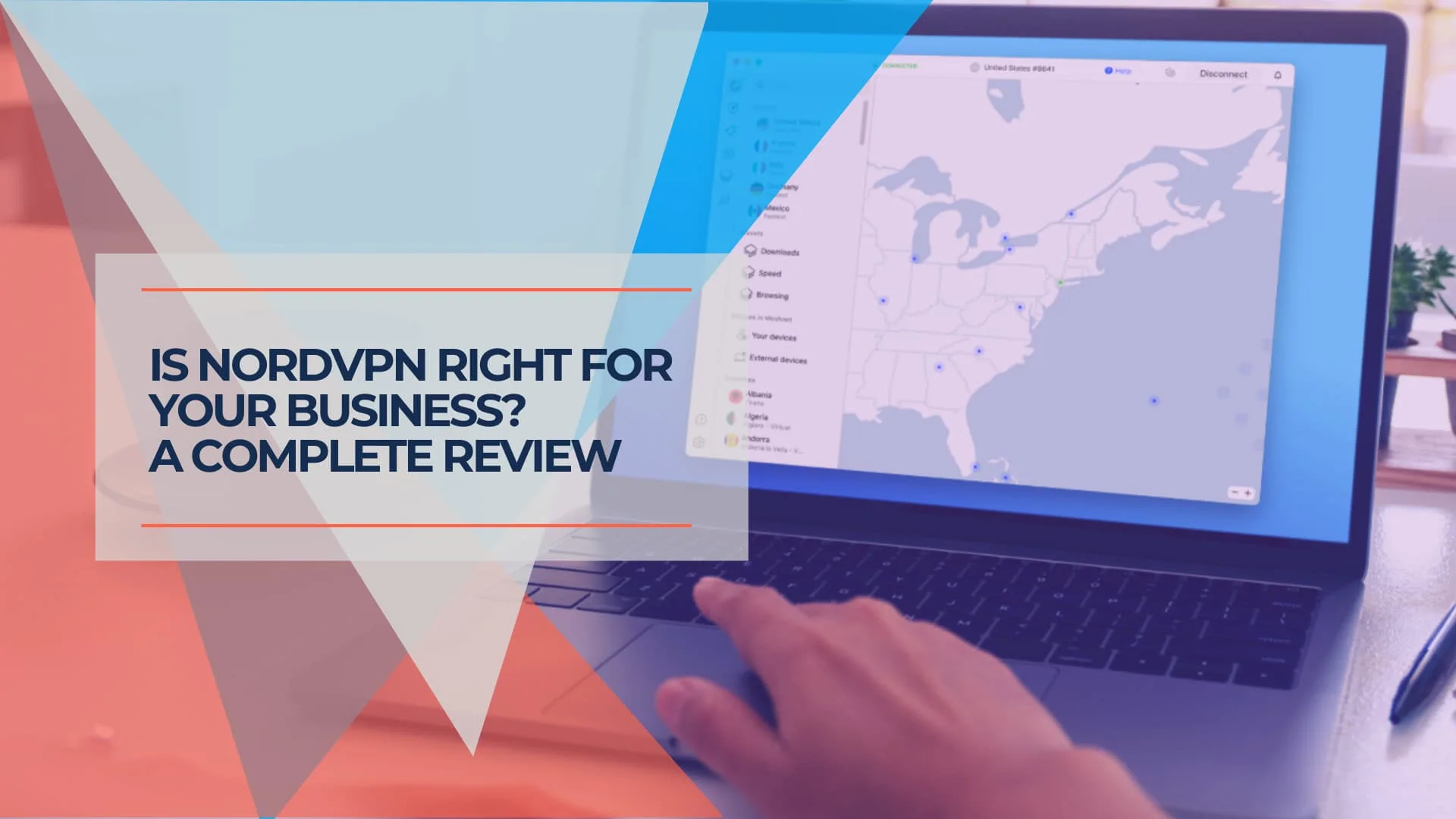
Hands-on NordVPN business review with 2026 speed benchmarks, security analysis, and honest assessment of when NordVPN works for small teams vs when to choose NordLayer instead.
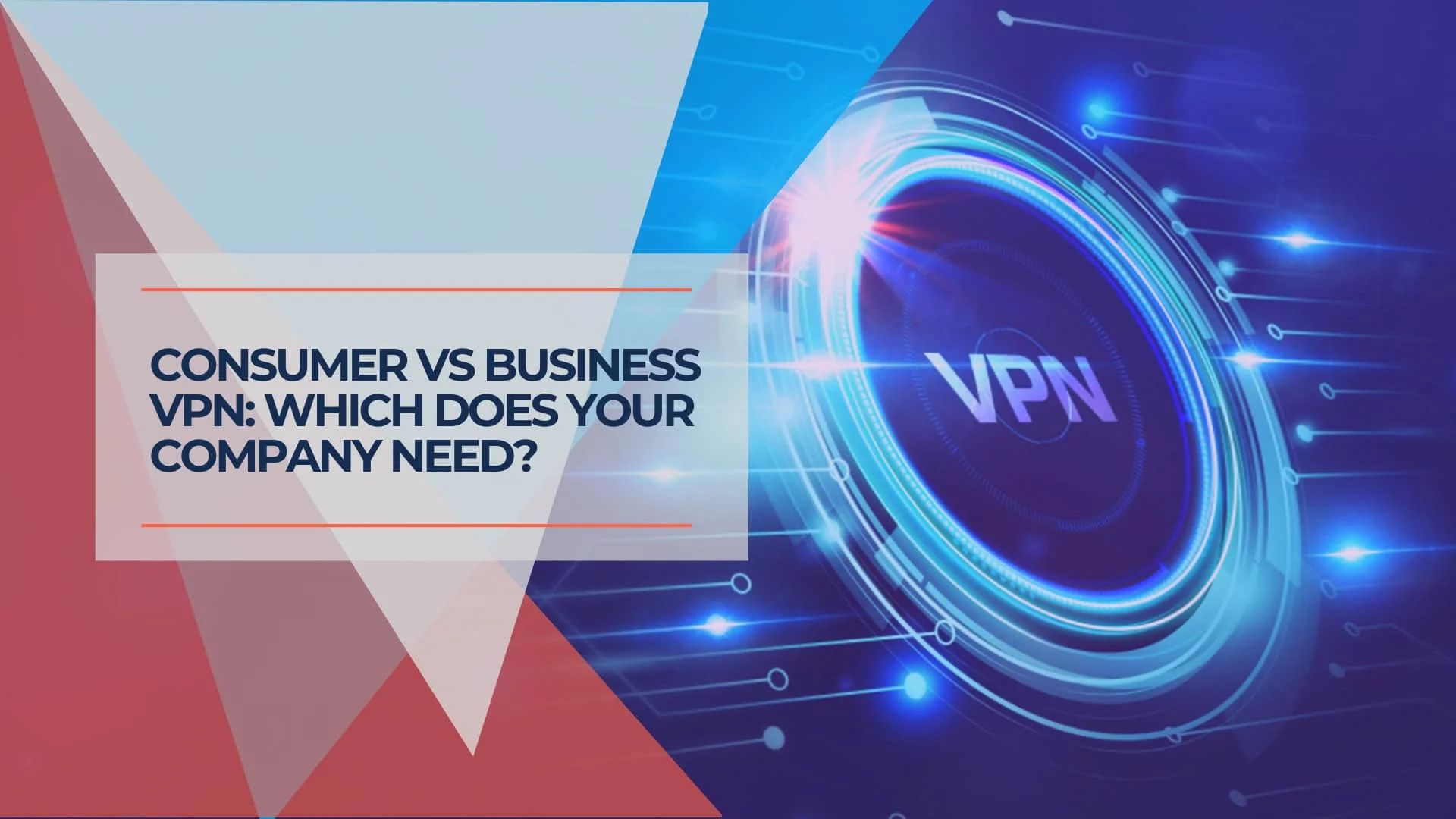
Business VPN vs consumer VPN comparison for small businesses in 2026. Decision framework, true cost analysis, and recommended solutions to help you choose the right VPN.
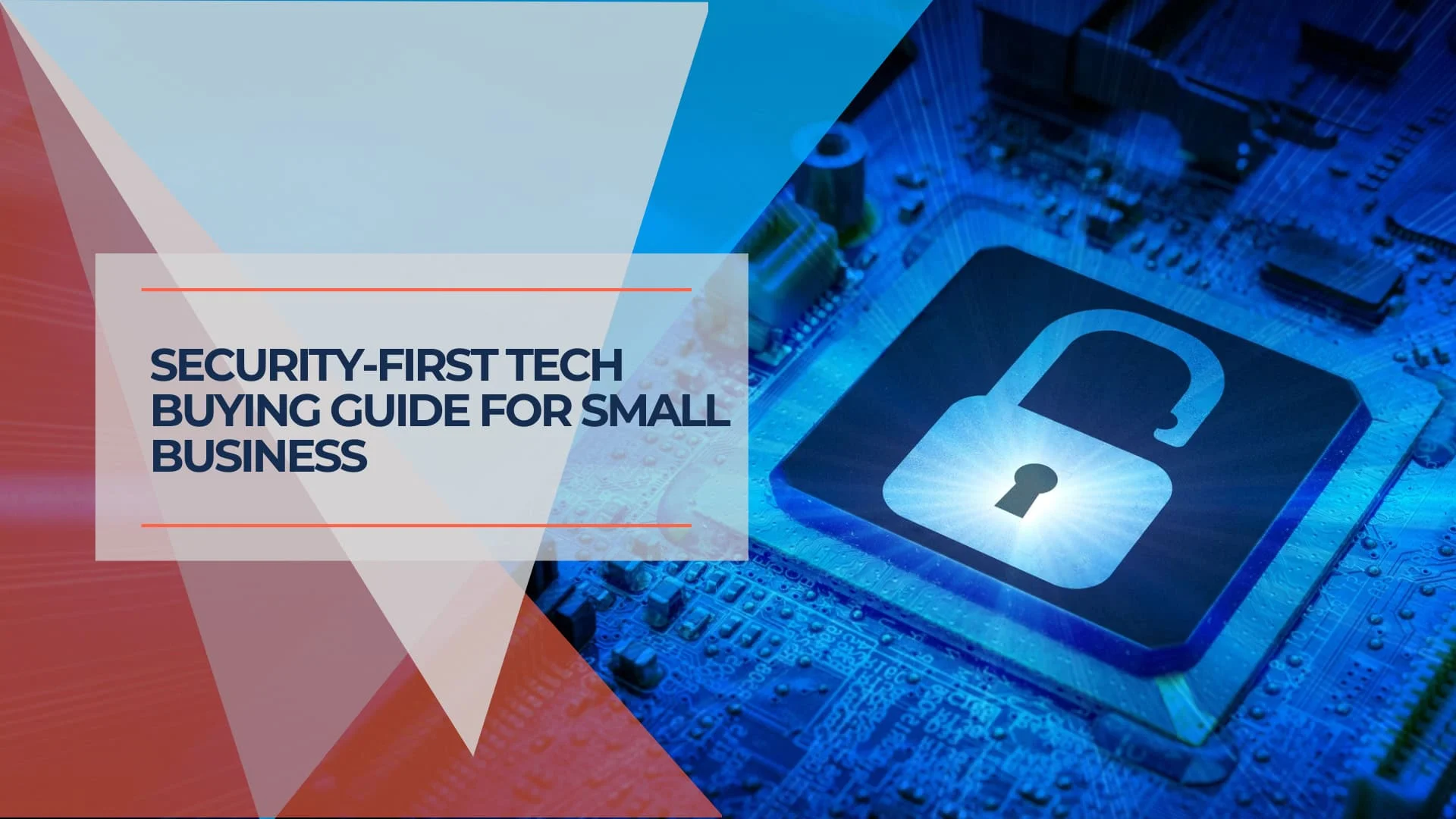
Comprehensive guide to security by design for small businesses. Build protection into technology choices from day one with modern device features, network security, and strategic procurement processes.
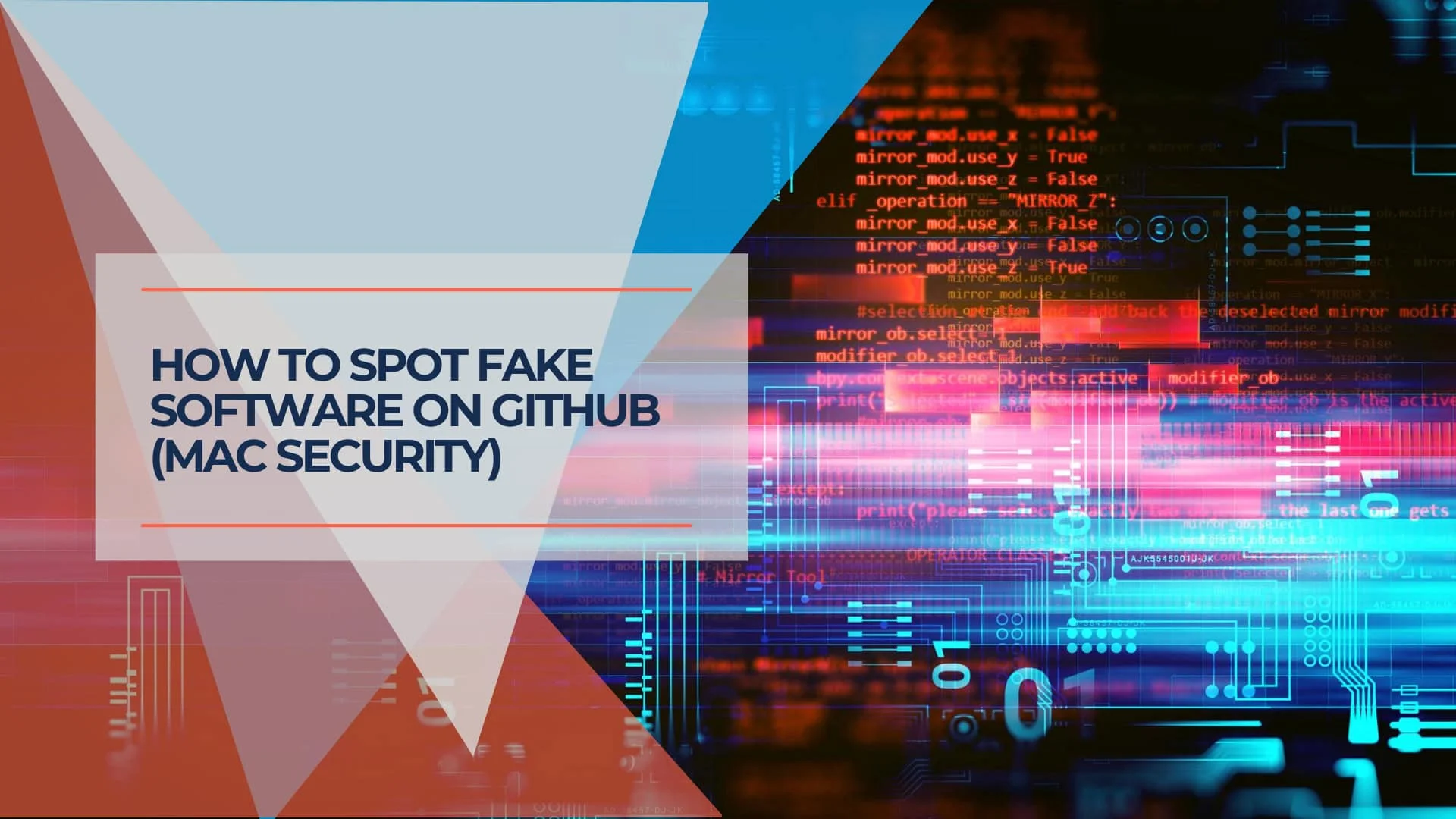
Large-scale malware campaign uses fake GitHub pages to target Mac users. Learn how attackers impersonate 100+ brands including Malwarebytes, LastPass, and Notion, and how to protect your business.
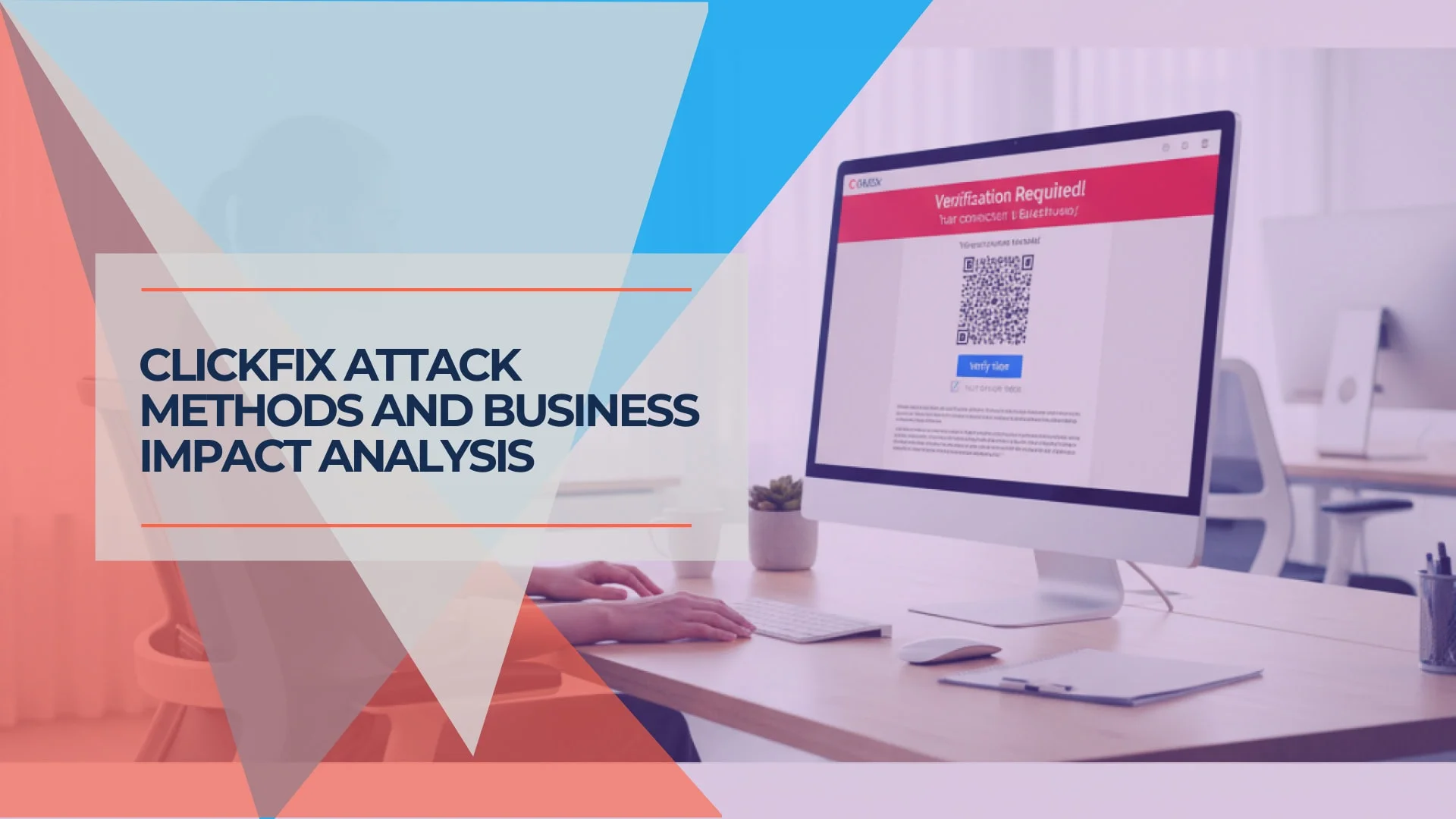
Complete guide to ClickFix attacks targeting small businesses. Learn how this social engineering technique works, why attacks increased 517% in 2025, and how to protect your organization.
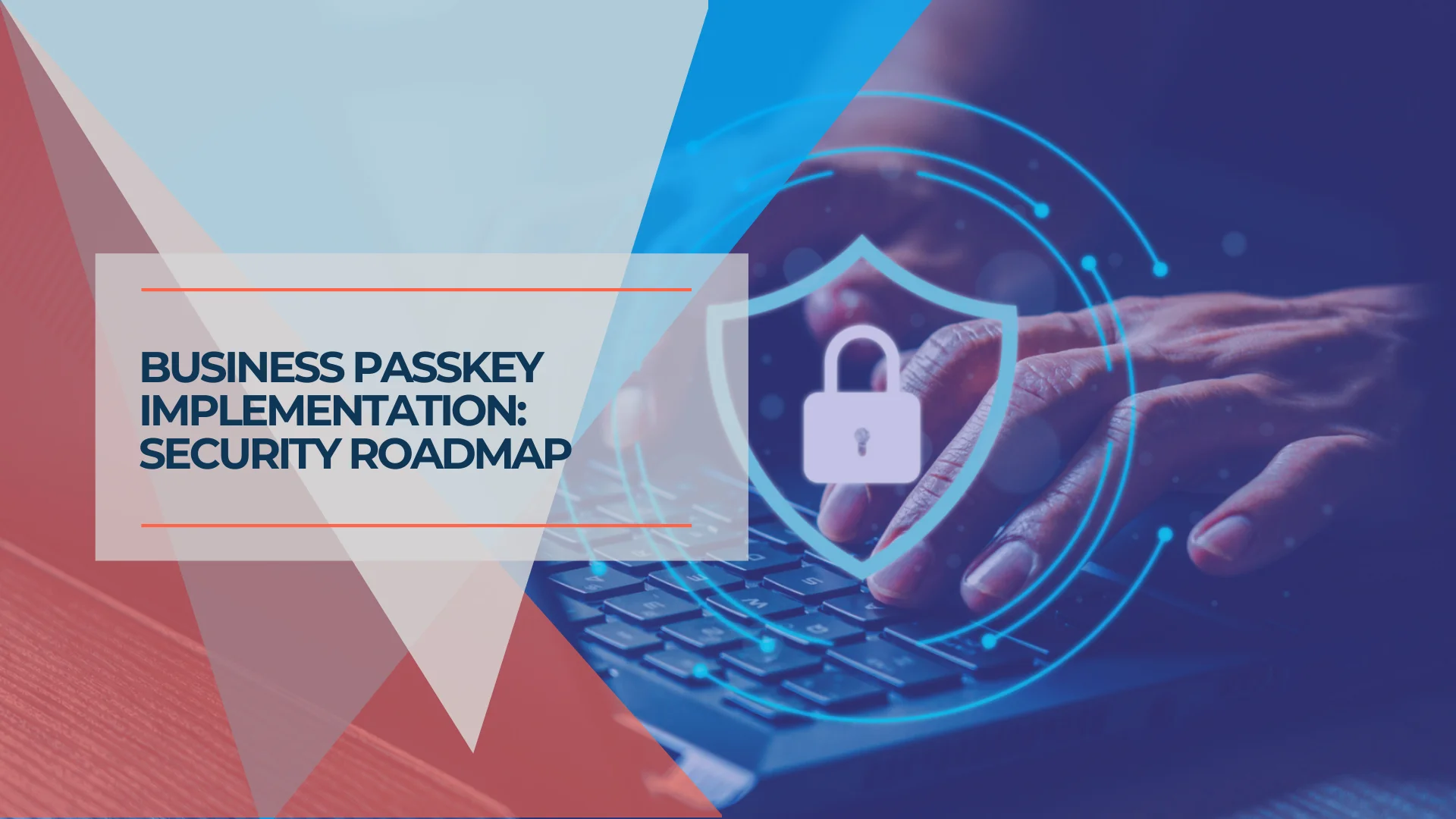
Complete passkeys implementation guide for small businesses. ROI analysis, 90-day rollout strategy, employee training, security considerations, and cost comparison with traditional authentication.

Complete cybersecurity guide for contractors, consultants, and field service teams operating without traditional office infrastructure. Mobile-first security strategies with budget-conscious solutions.
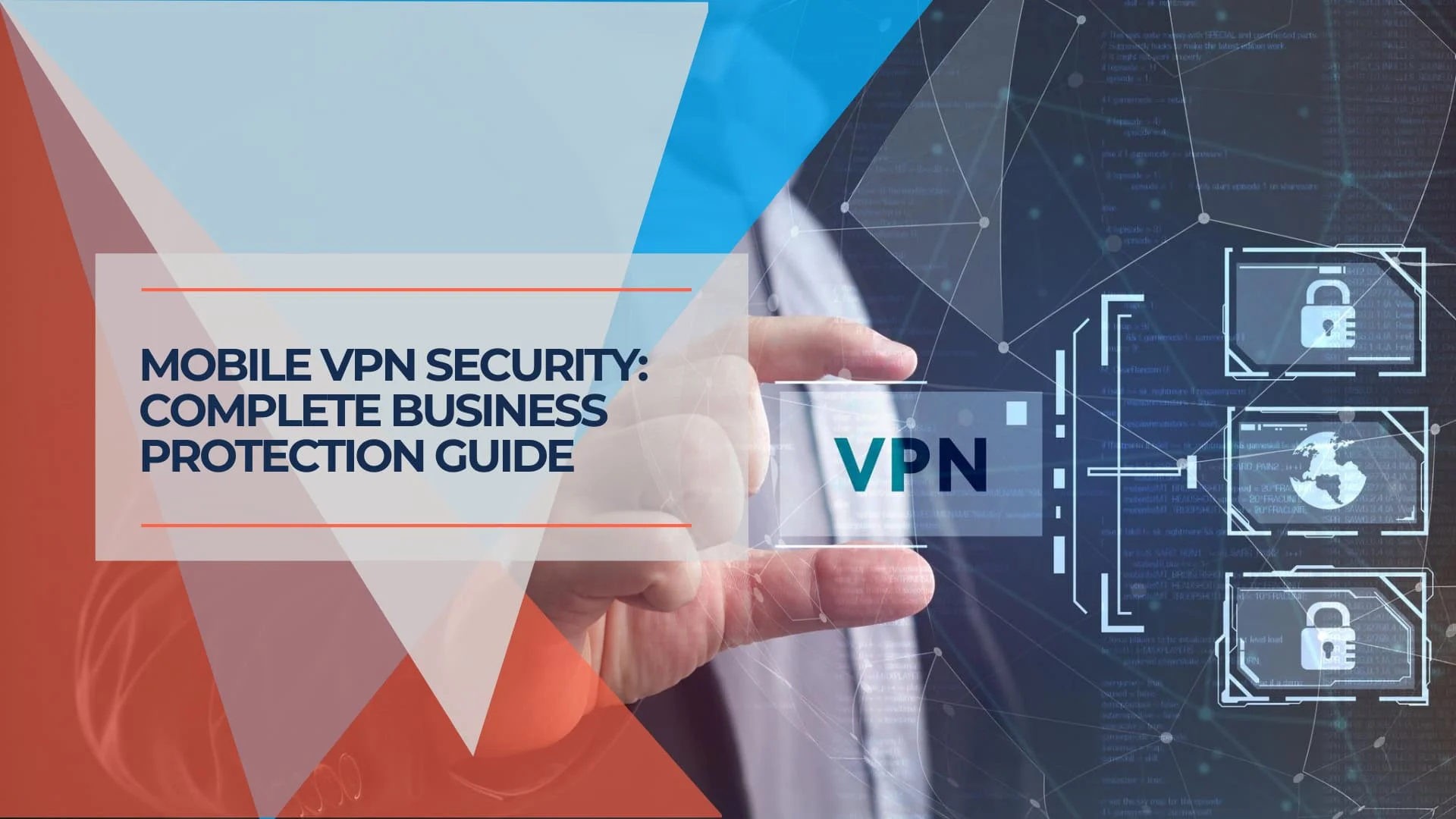
Complete mobile workforce security guide for businesses. VPN solutions, credential management, device protection, and implementation framework for sales teams, field technicians, and remote workers.
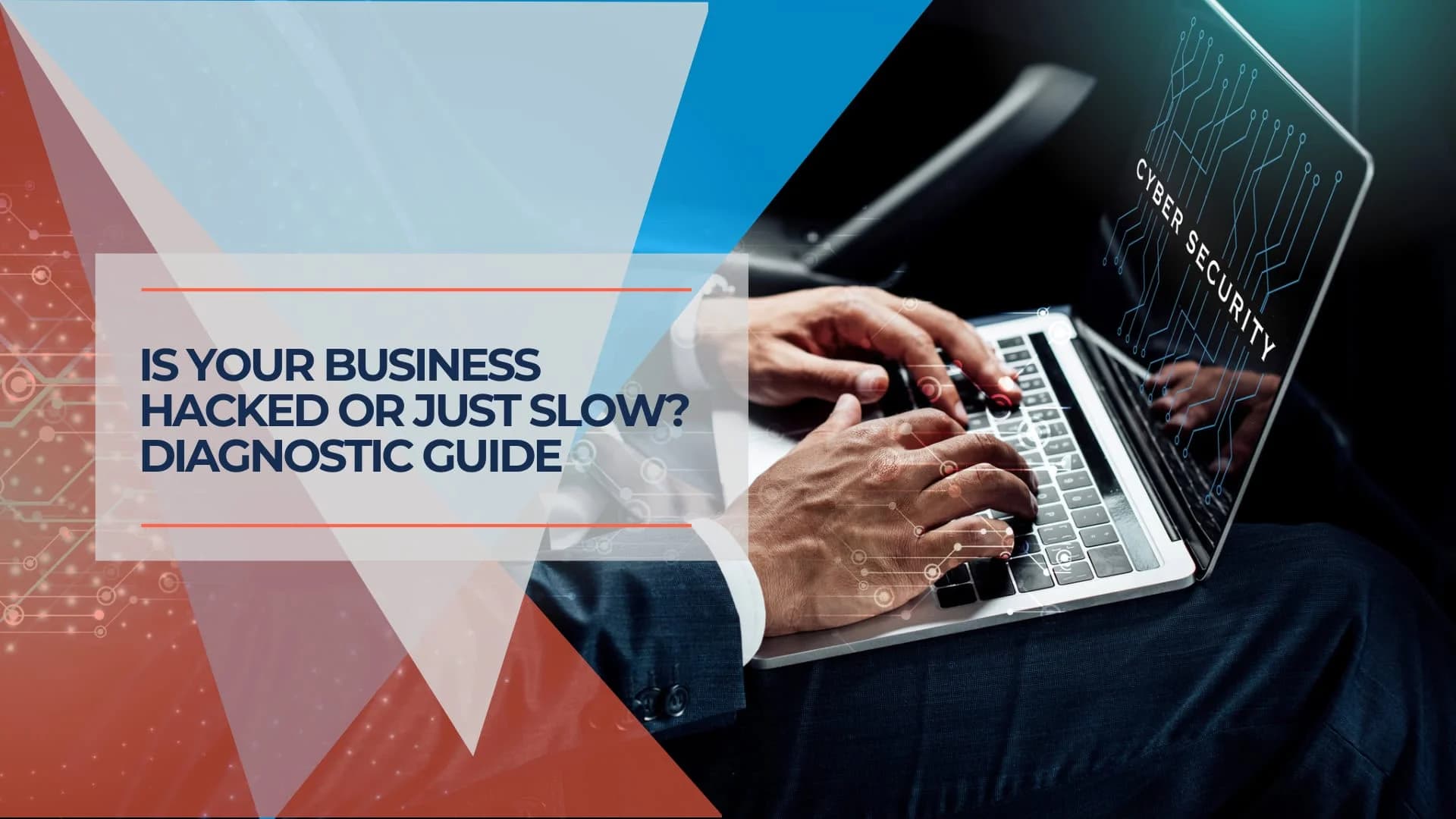
Learn to distinguish between normal computer performance issues and cybersecurity incidents. Systematic diagnostic framework with checklists, warning signs, and guidance on when to call professionals.
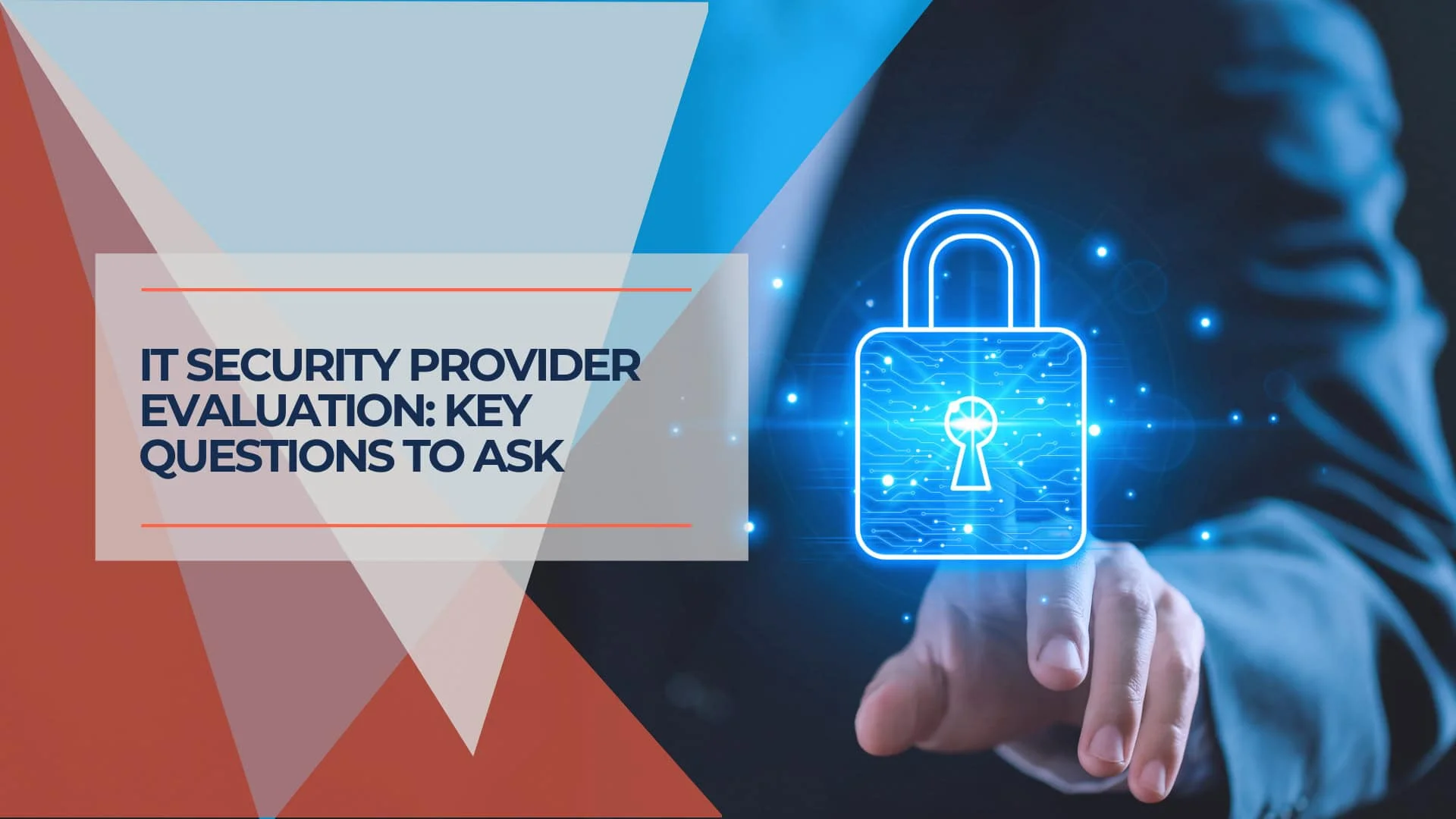
Learn essential questions to ask when evaluating network security providers. Expert framework helps business owners choose the right IT security partner.
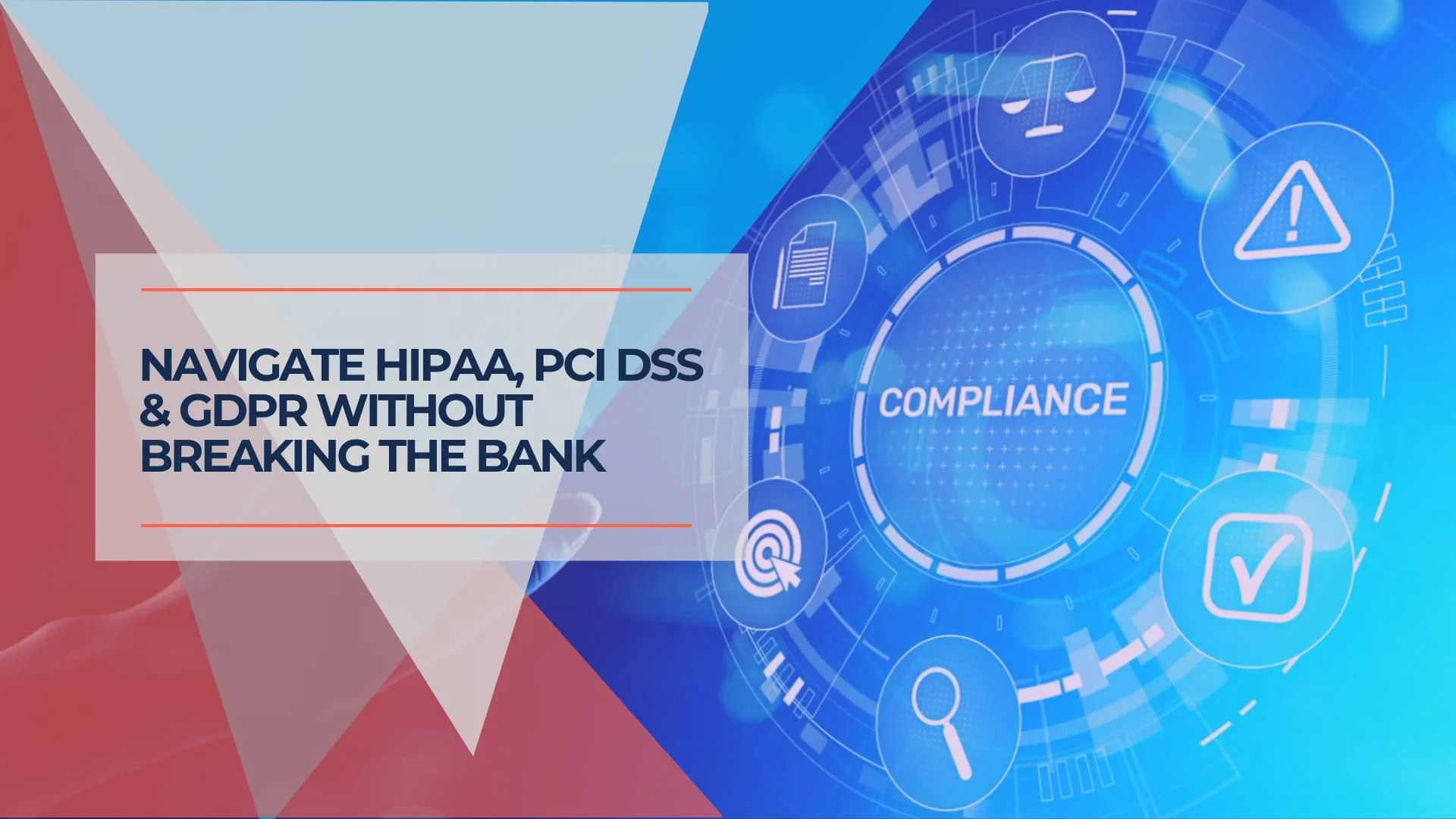
Updated 2026 security compliance guide for small businesses. Covers critical HIPAA Feb 16 deadline, PCI DSS v4.0 enforcement, GDPR, cyber insurance requirements, and AI compliance considerations.
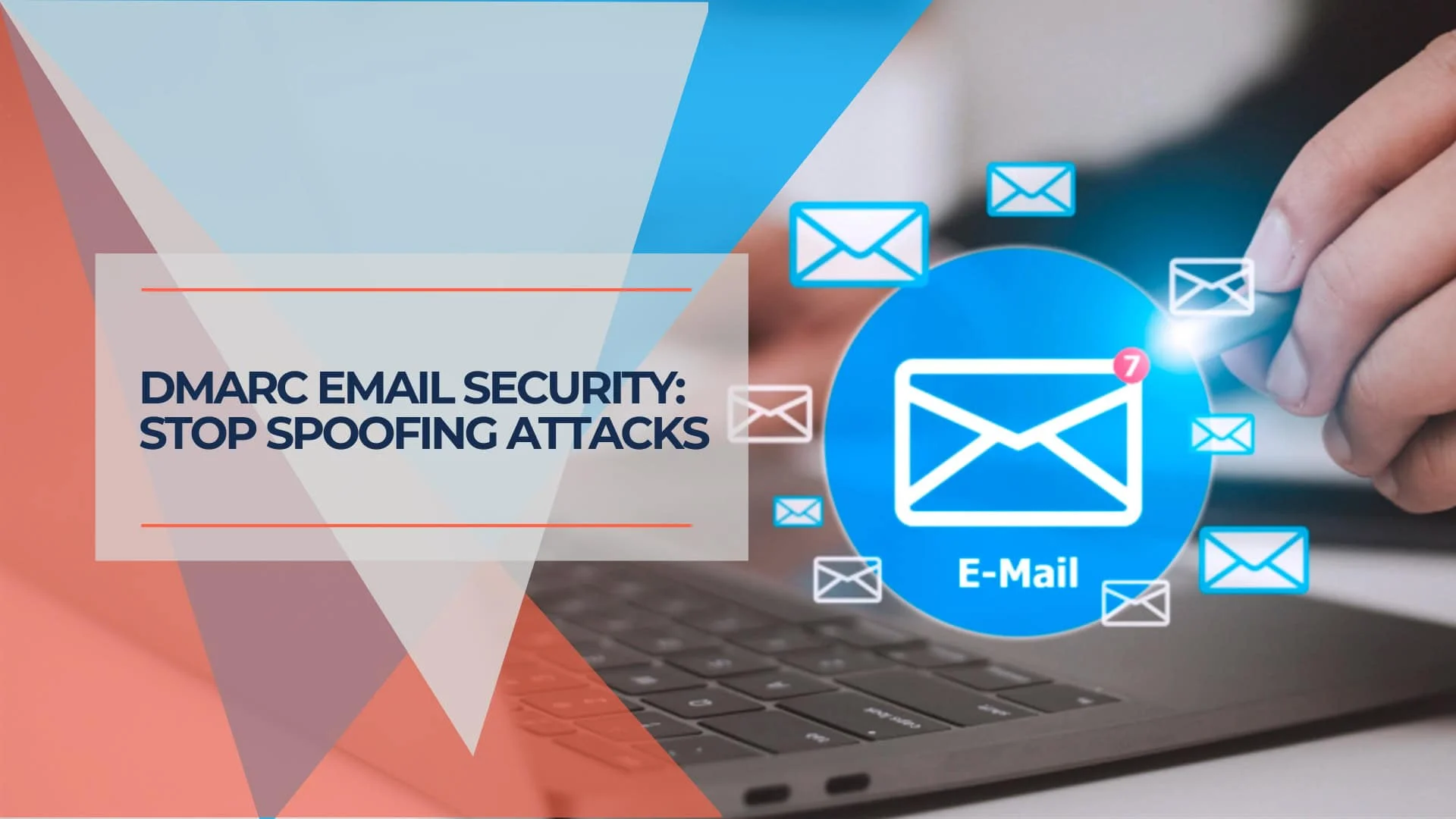
Complete DMARC implementation guide for 2026 Google, Yahoo, and Microsoft email requirements. Learn SPF, DKIM setup, policy phases, and PCI DSS v4.0 compliance to prevent email spoofing and ensure deliverability.
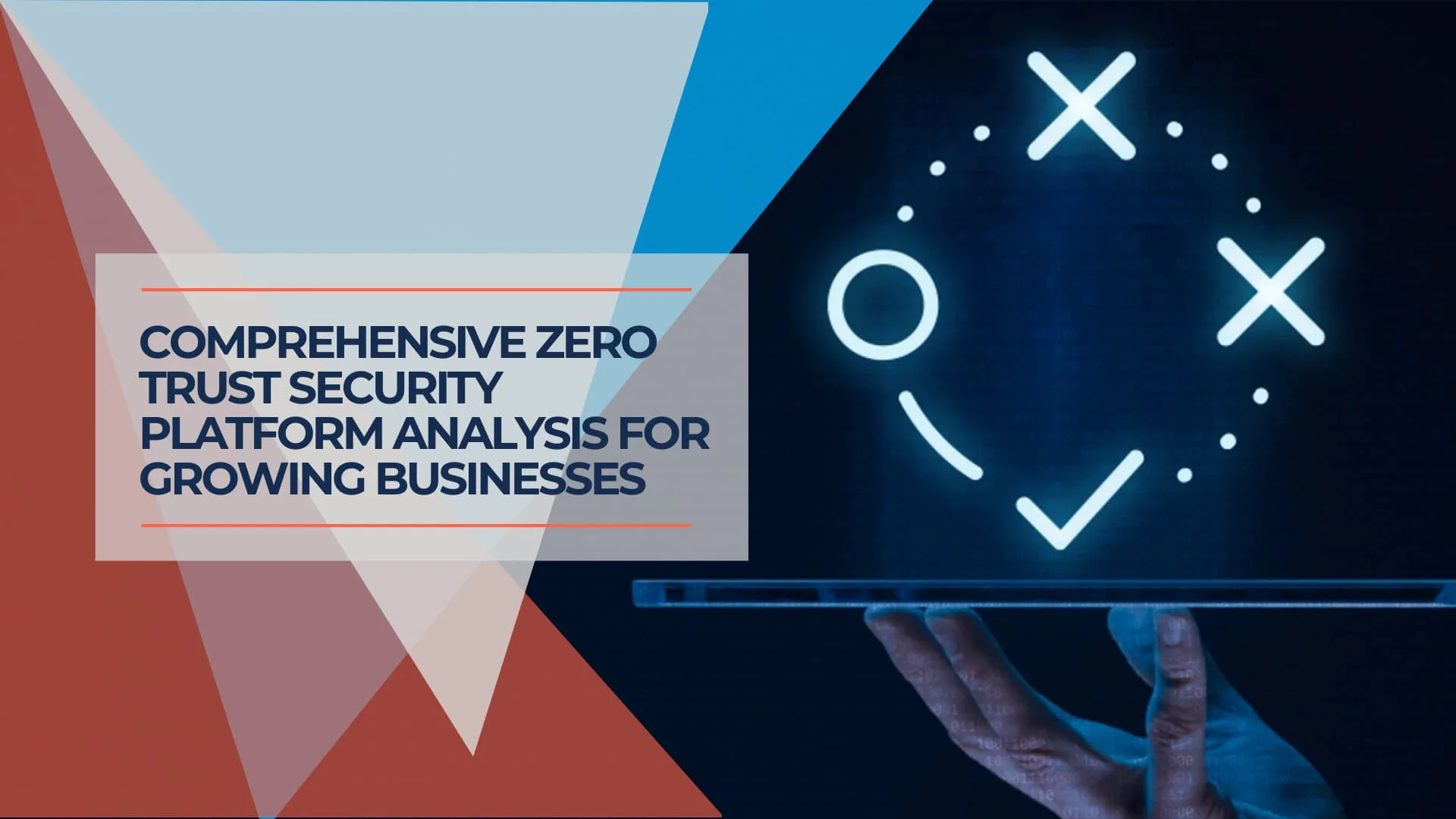
In-depth NordLayer review for small businesses. Zero Trust architecture, Cloud LAN, pricing analysis with annual vs monthly breakdown, and honest assessment of when NordLayer is the right choice.
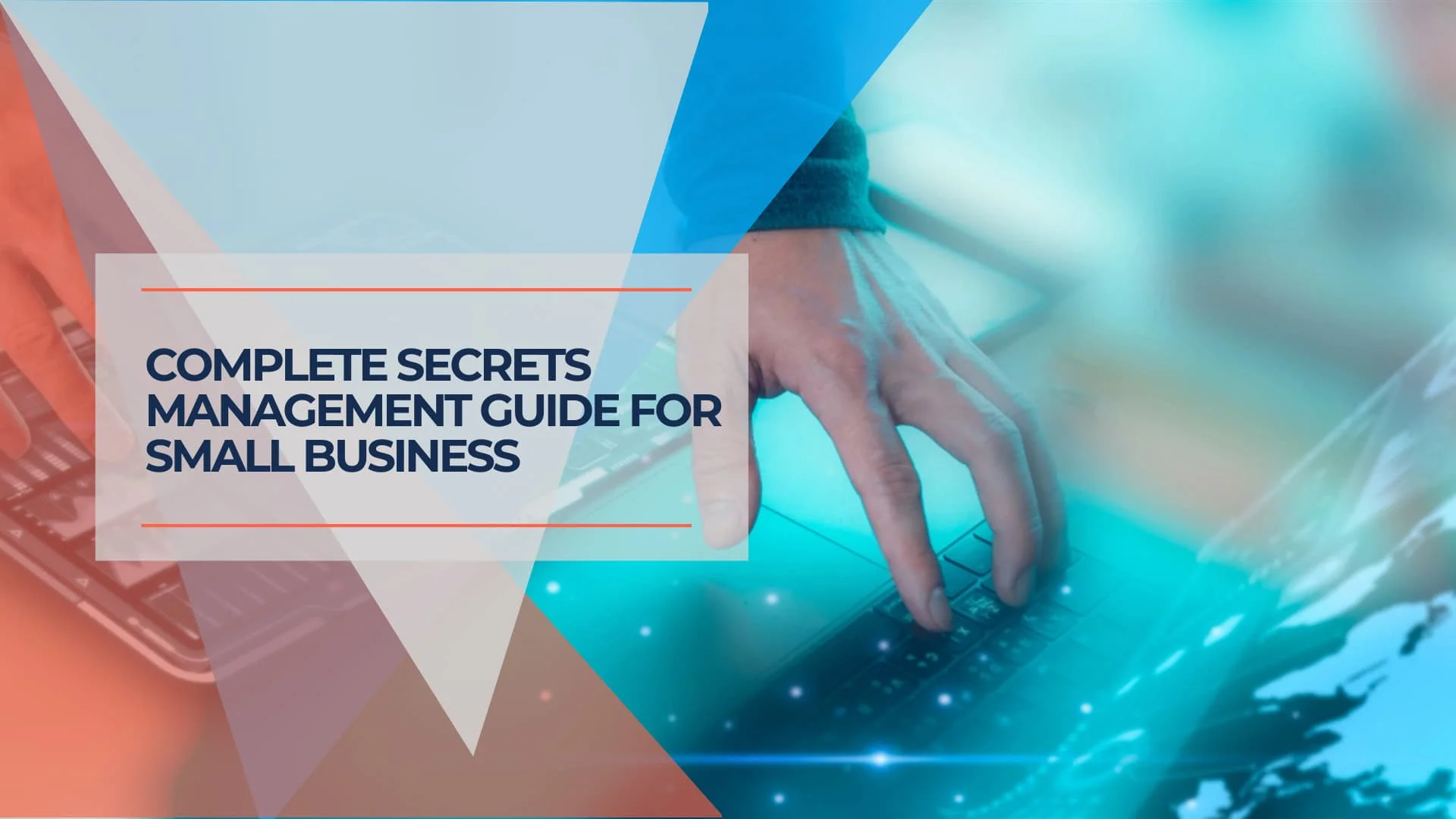
With data breaches now costing U.S. businesses $10.22 million on average and secrets sprawl accelerating 25% annually, this comprehensive 10-step checklist helps SMB dev/ops teams implement robust credential security and protect against AI-driven threats.
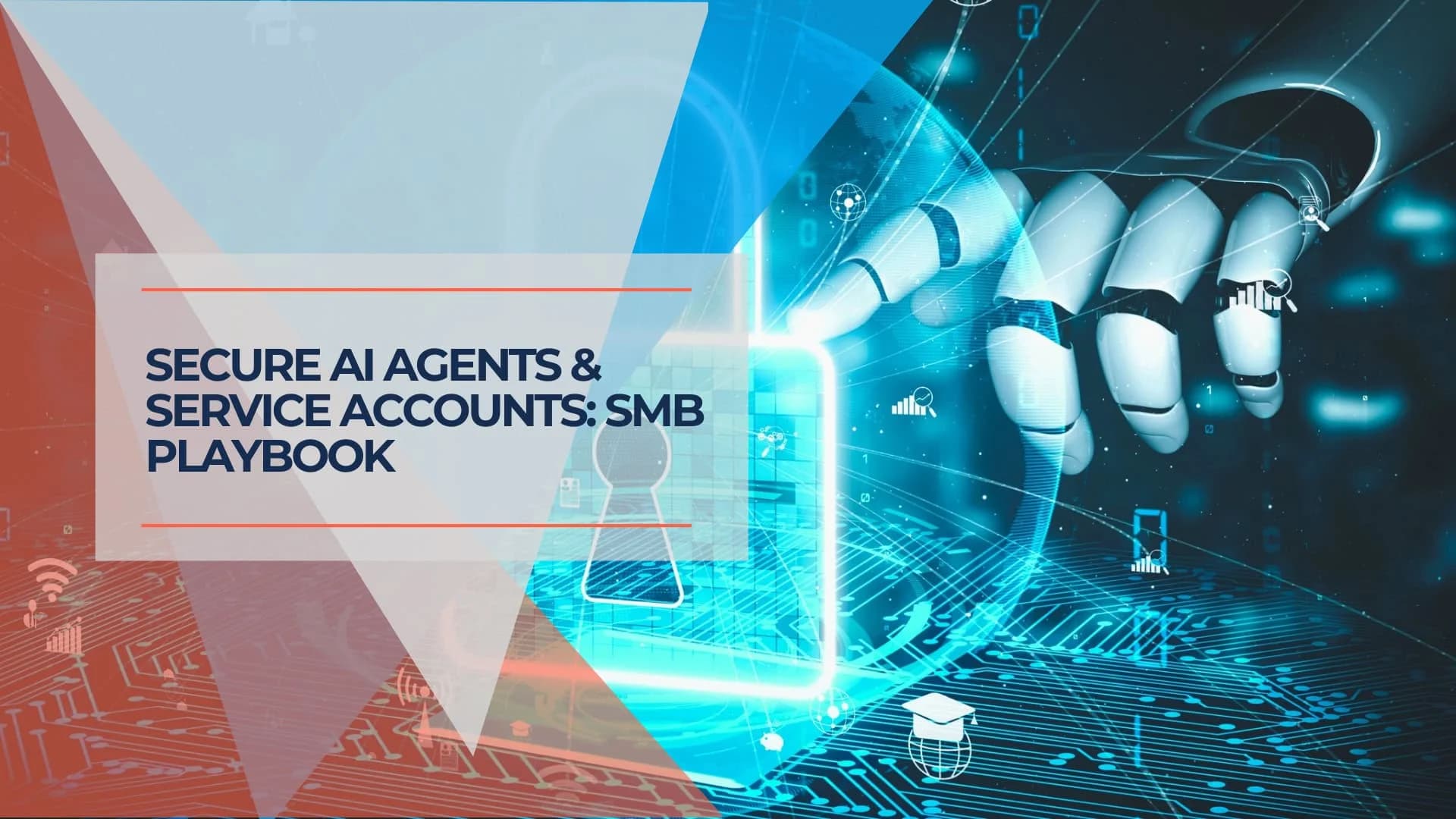
Complete SMB playbook for securing AI agents and service accounts. Governance frameworks, platform comparisons (Entra ID, Google Cloud IAM, Okta), and step-by-step implementation guide.
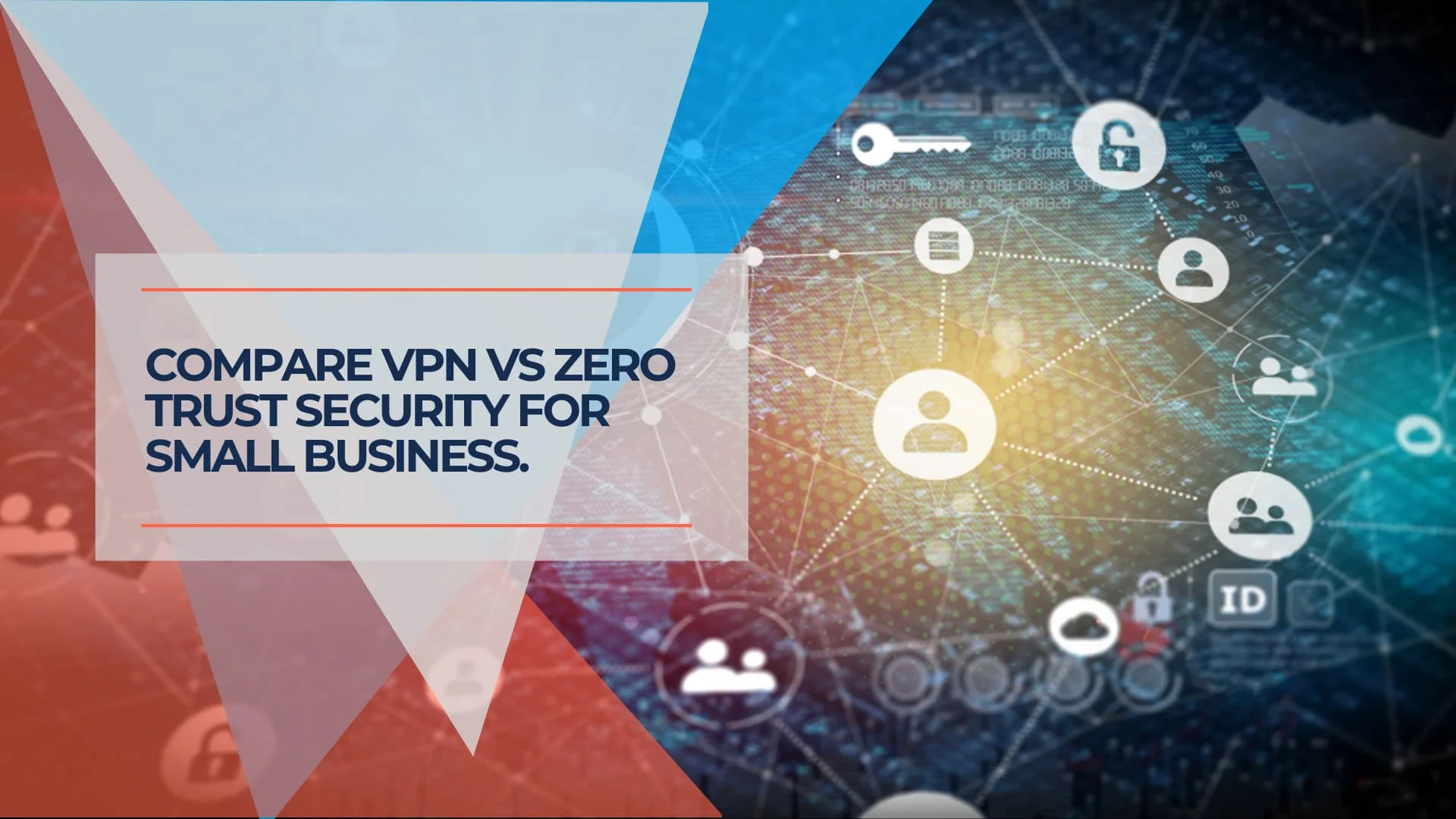
Compare VPN and Zero Trust Network Access (ZTNA) for small businesses. Team-size recommendations, implementation costs, and practical migration steps.
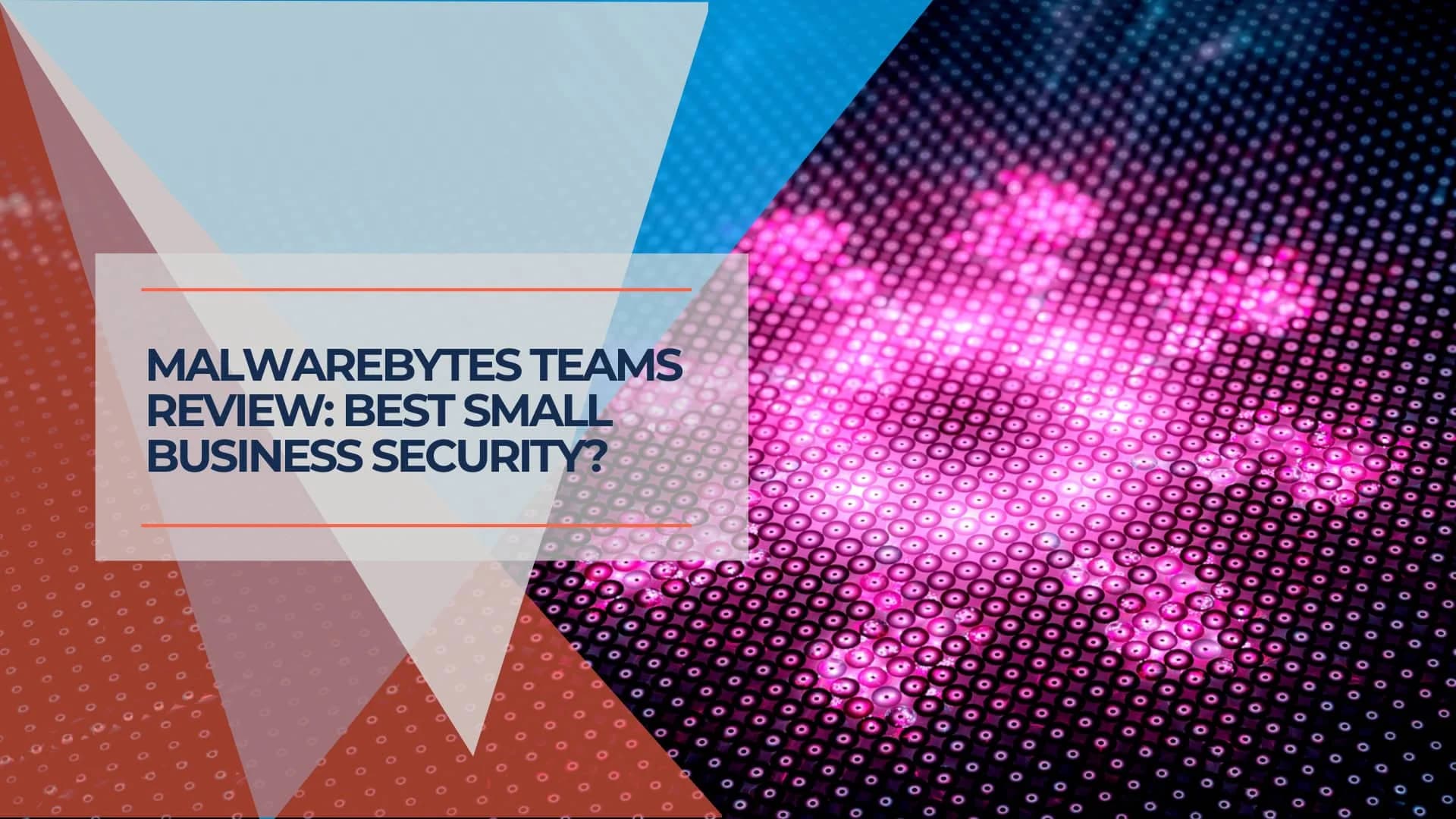
In-depth review of Malwarebytes Teams and ThreatDown for business security. Pricing, features, testing results, and recommendations for small to medium businesses.
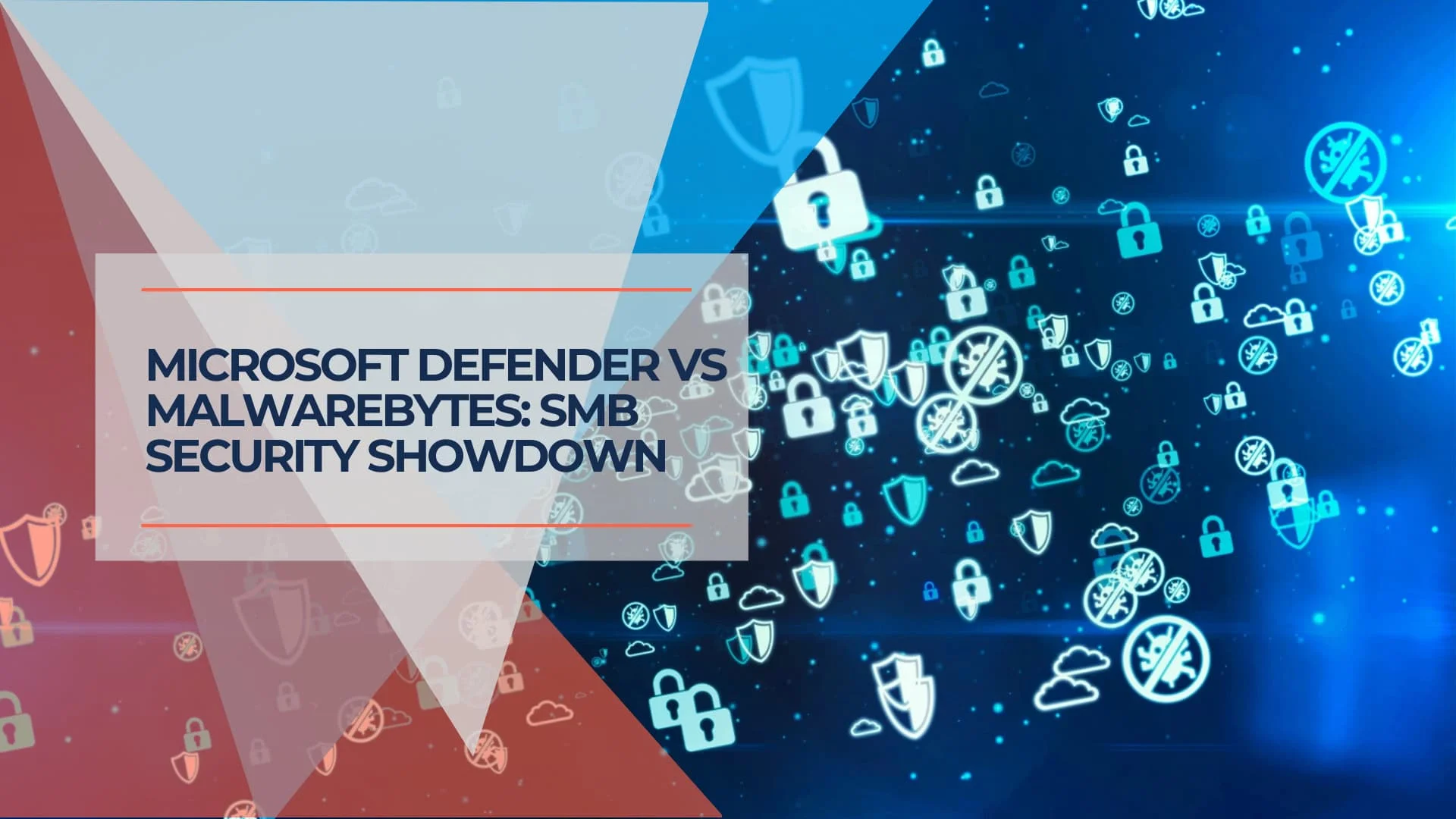
Should you pay for Malwarebytes when Windows Defender is free? Compare free Windows Security, Malwarebytes Teams, and Microsoft Defender Business. Pricing, features, and which protection is right for your small business.
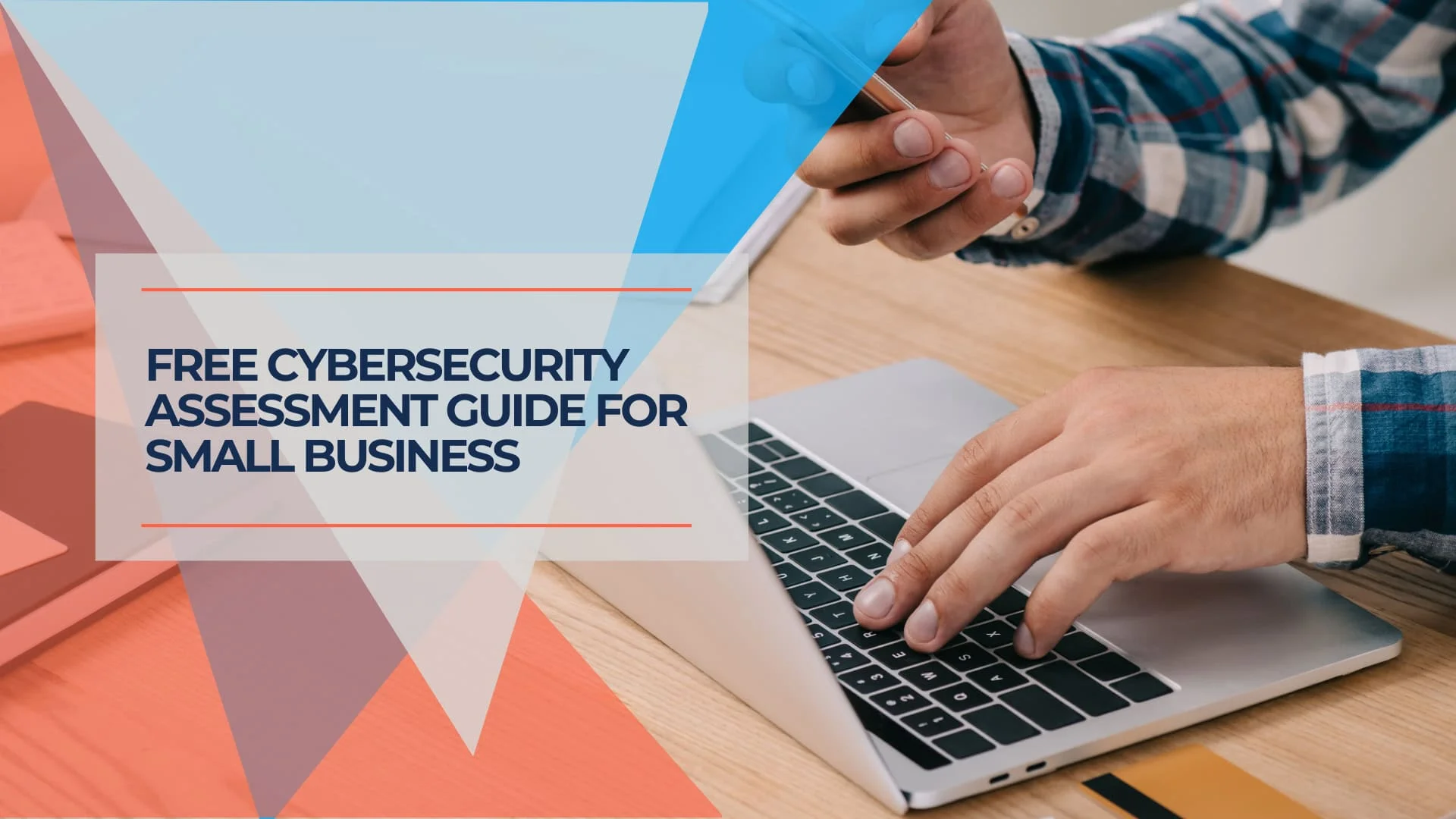
Comprehensive guide to free cybersecurity assessment tools for small businesses. Covers NIST CSF 2.0 framework, privacy-first evaluation options, and actionable security improvement strategies.
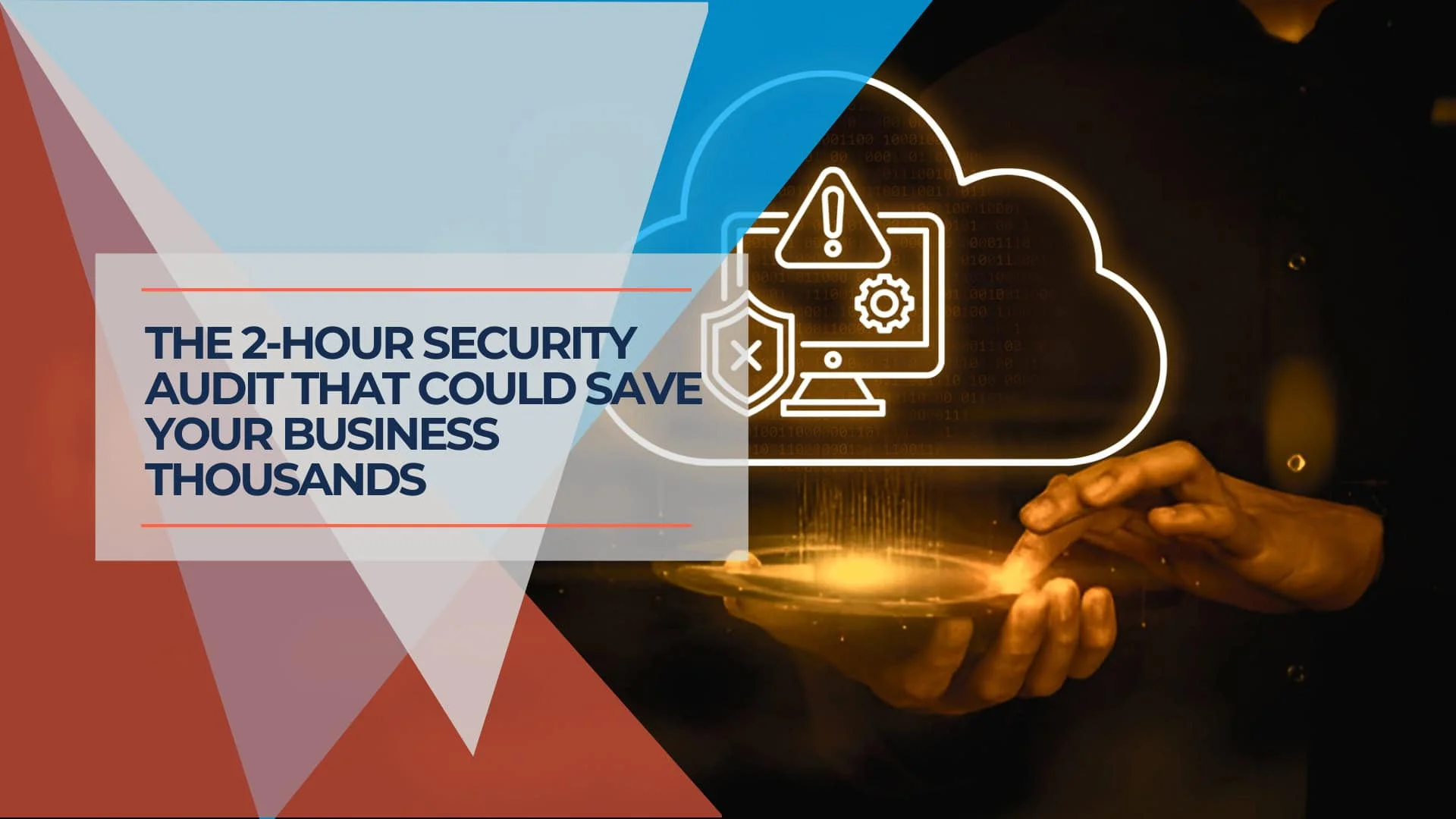
Quarterly security audit guide for small businesses. 2-hour systematic process covering Passkey adoption, software updates, immutable backup verification, network access, and incident response planning.

Definitive 2026 guide for Miami small businesses on when to upgrade cybersecurity. Covers AI-driven threats, Zero Trust, EDR/MDR, Florida compliance, and exact costs ($150-$250/user/month).
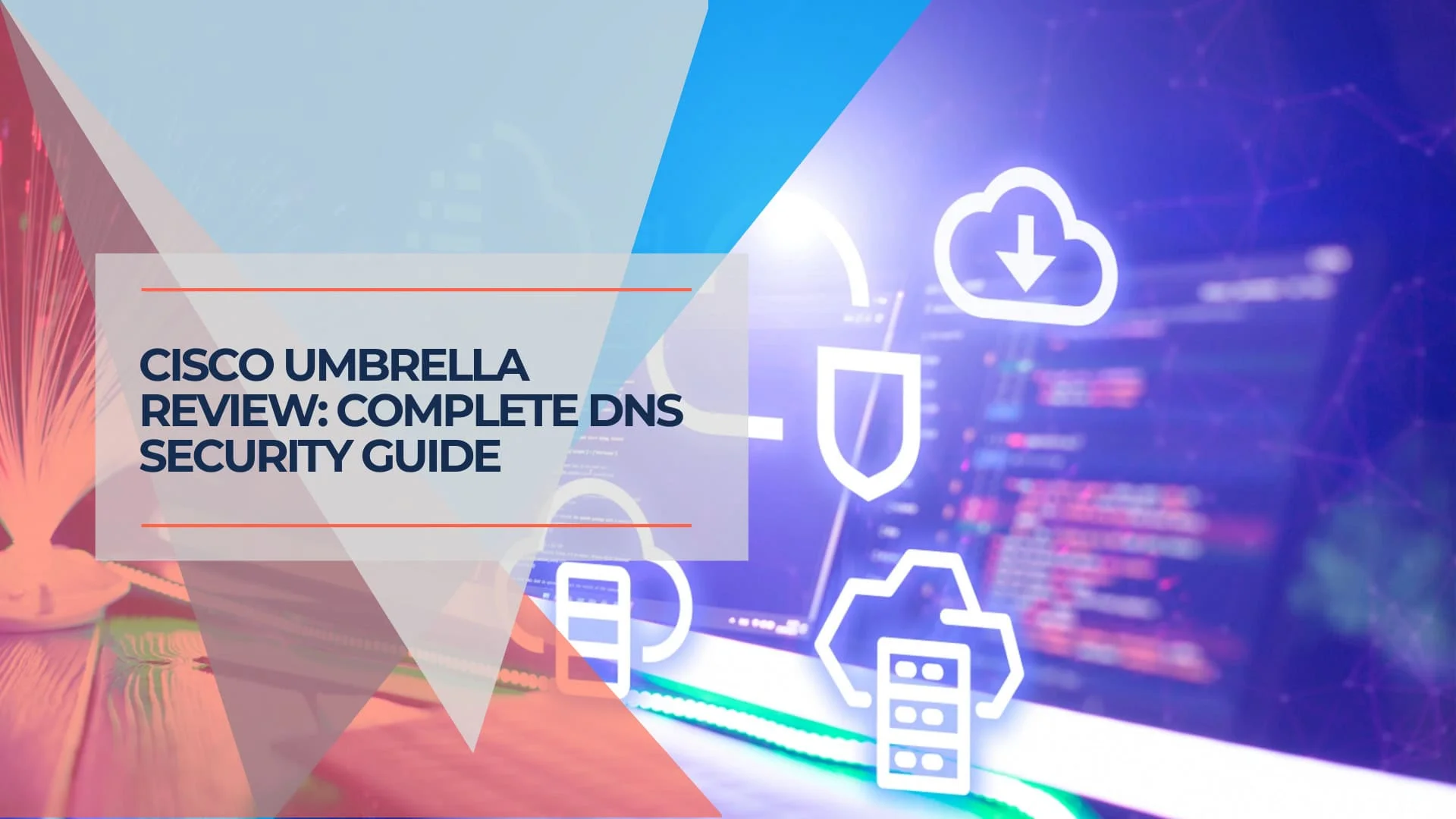
Honest Cisco Umbrella review with 2026 pricing estimates, false positive handling, and direct comparisons to DNSFilter and Cloudflare. Real-world performance data for SMBs.

Start your year by securing your data. A complete 2026 roadmap for Miami small businesses to protect against cyber threats with actionable security steps.
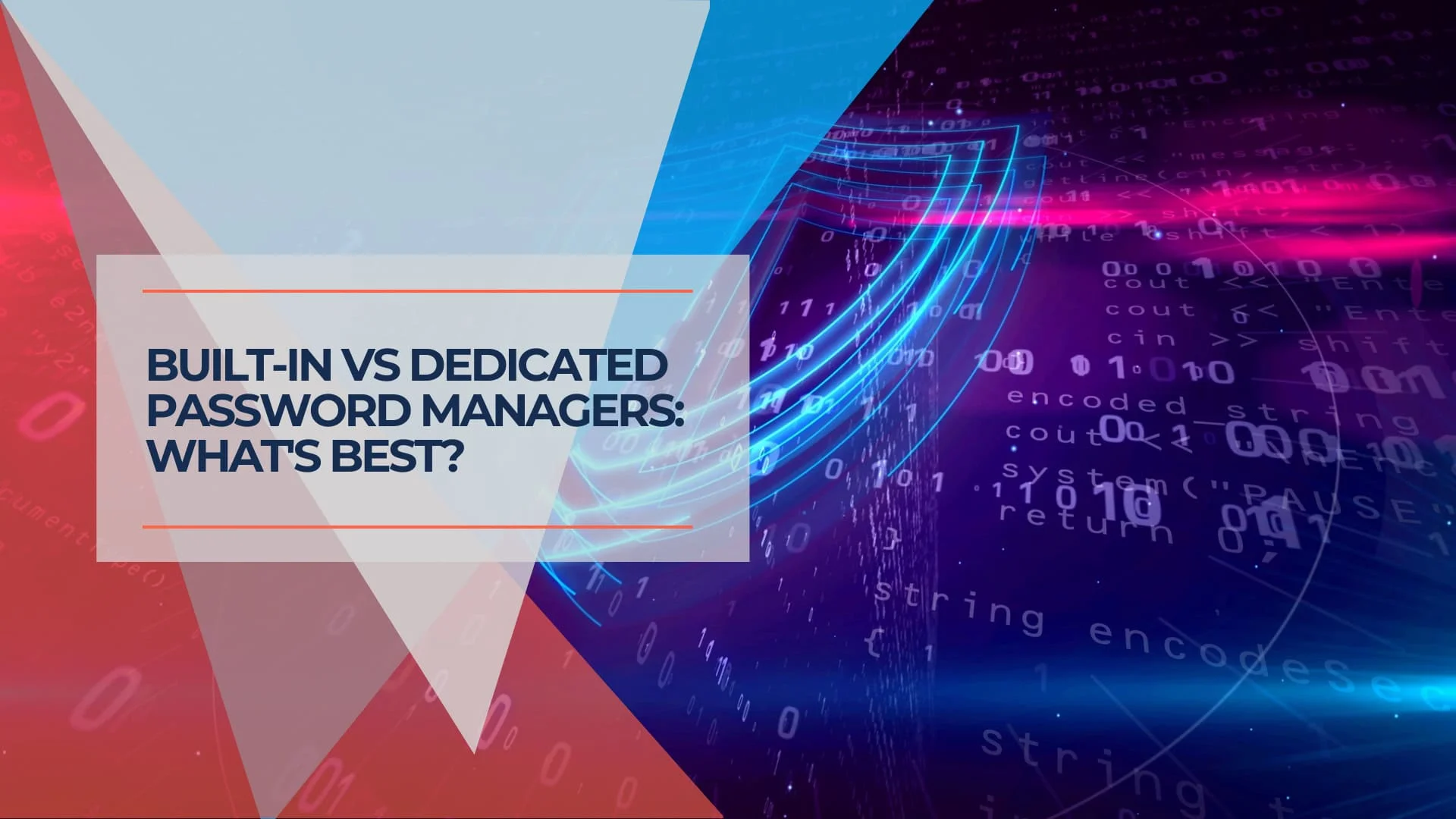
Comprehensive comparison of 1Password Business vs Google Password Manager, Apple Passwords app, and Microsoft Edge. Decision framework, cost analysis, and implementation guide for small businesses.

Comprehensive guide to cybersecurity software for small businesses. Reviews platform security, network infrastructure, and endpoint protection across three implementation tiers with budget recommendations. Updated for AI threats and cyber insurance compliance.
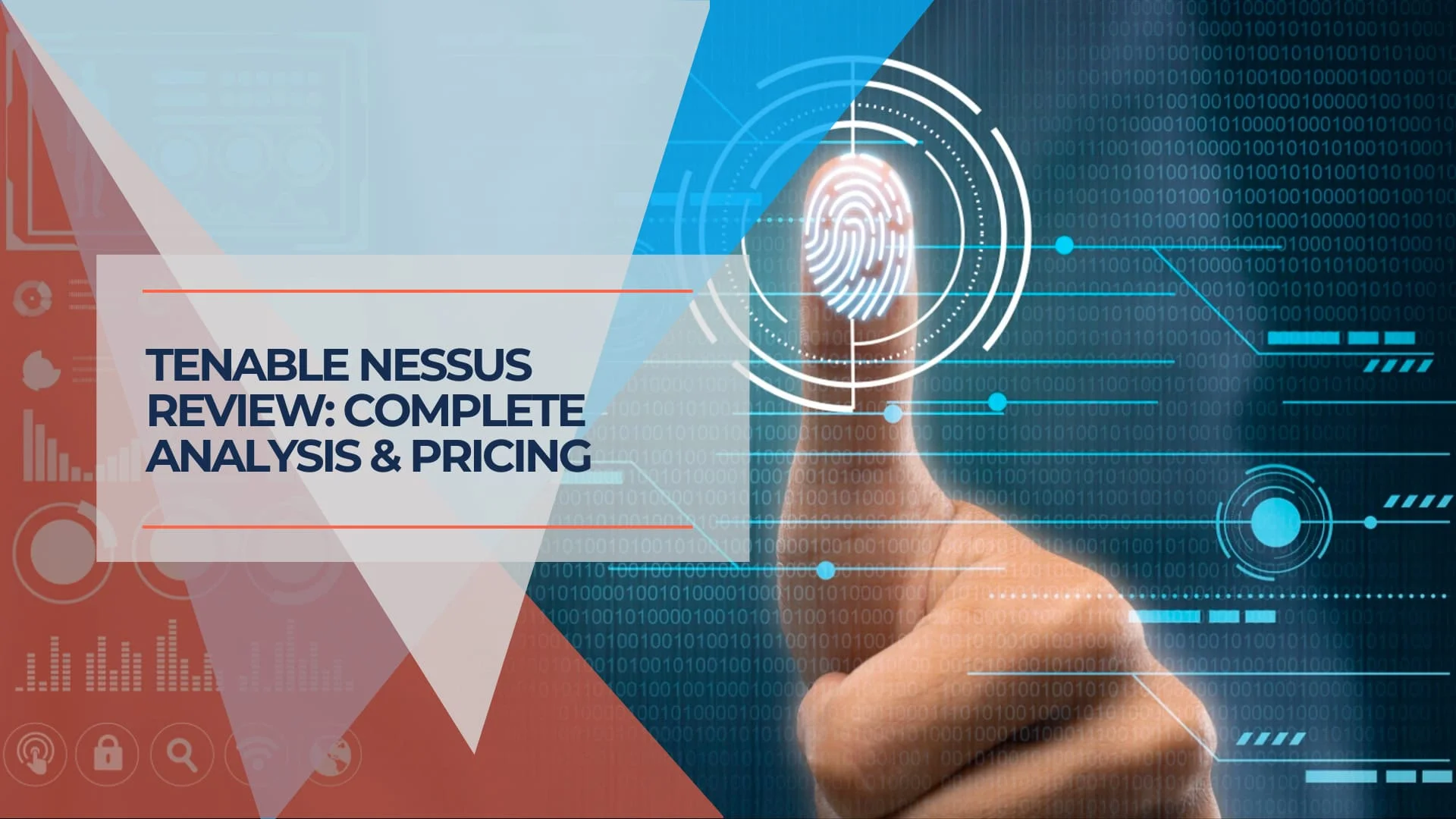
Detailed Tenable Nessus Professional review covering vulnerability scanning capabilities, pricing tiers, competitive analysis, and implementation guidance. Find out if Nessus is right for your organization's security needs.
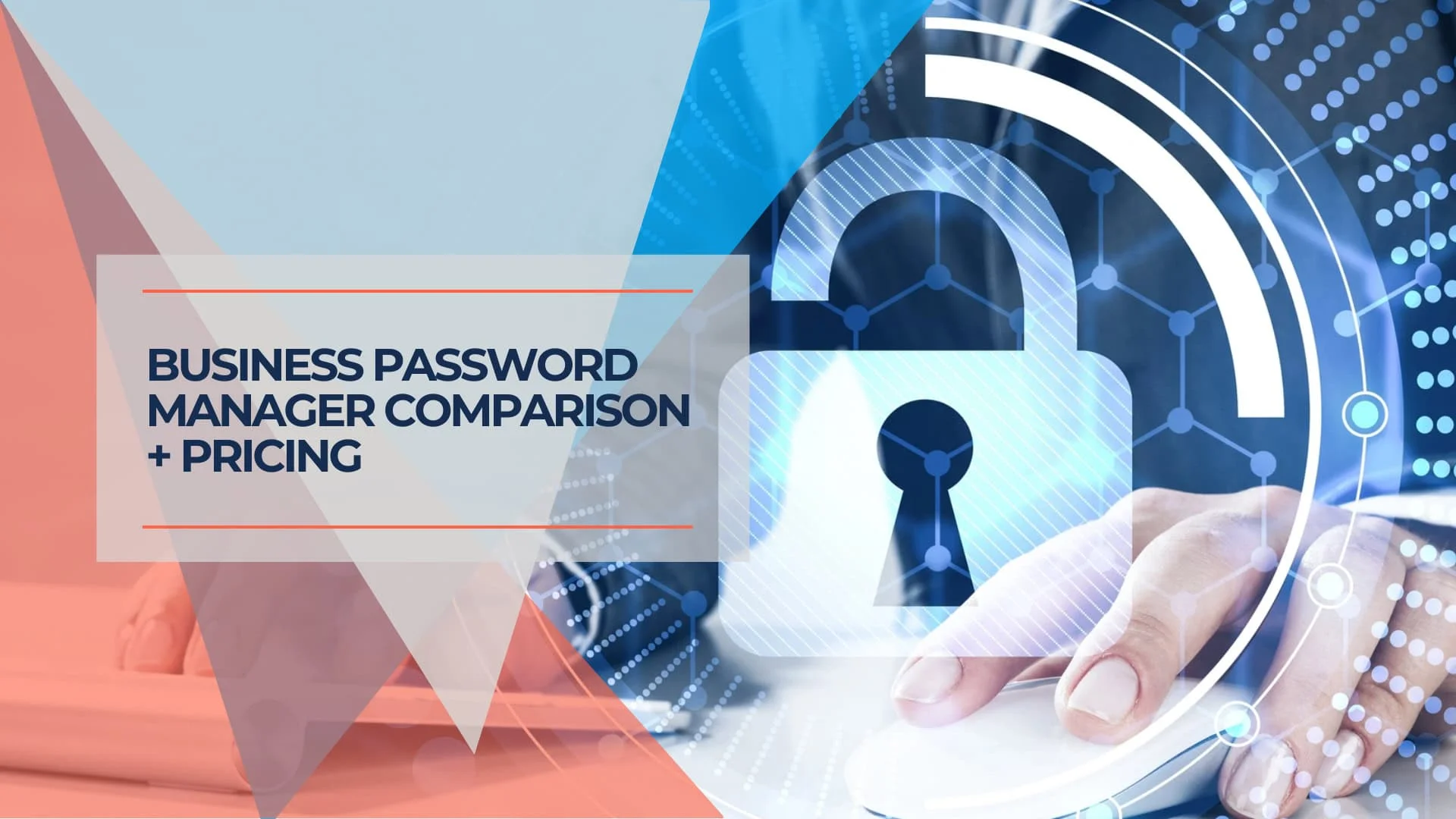
Compare 1Password, Bitwarden, NordPass & Proton Pass for business. SSO integration, admin controls, audit logs, and rollout checklist for IT teams.

Updated for 2026: The ultimate NIST CSF 2.0 tool stack. Compare Enterprise vs. SMB pricing for Omnissa, Cisco Splunk, CrowdStrike, and top AI governance tools. Meets 2026 cyber insurance standards.
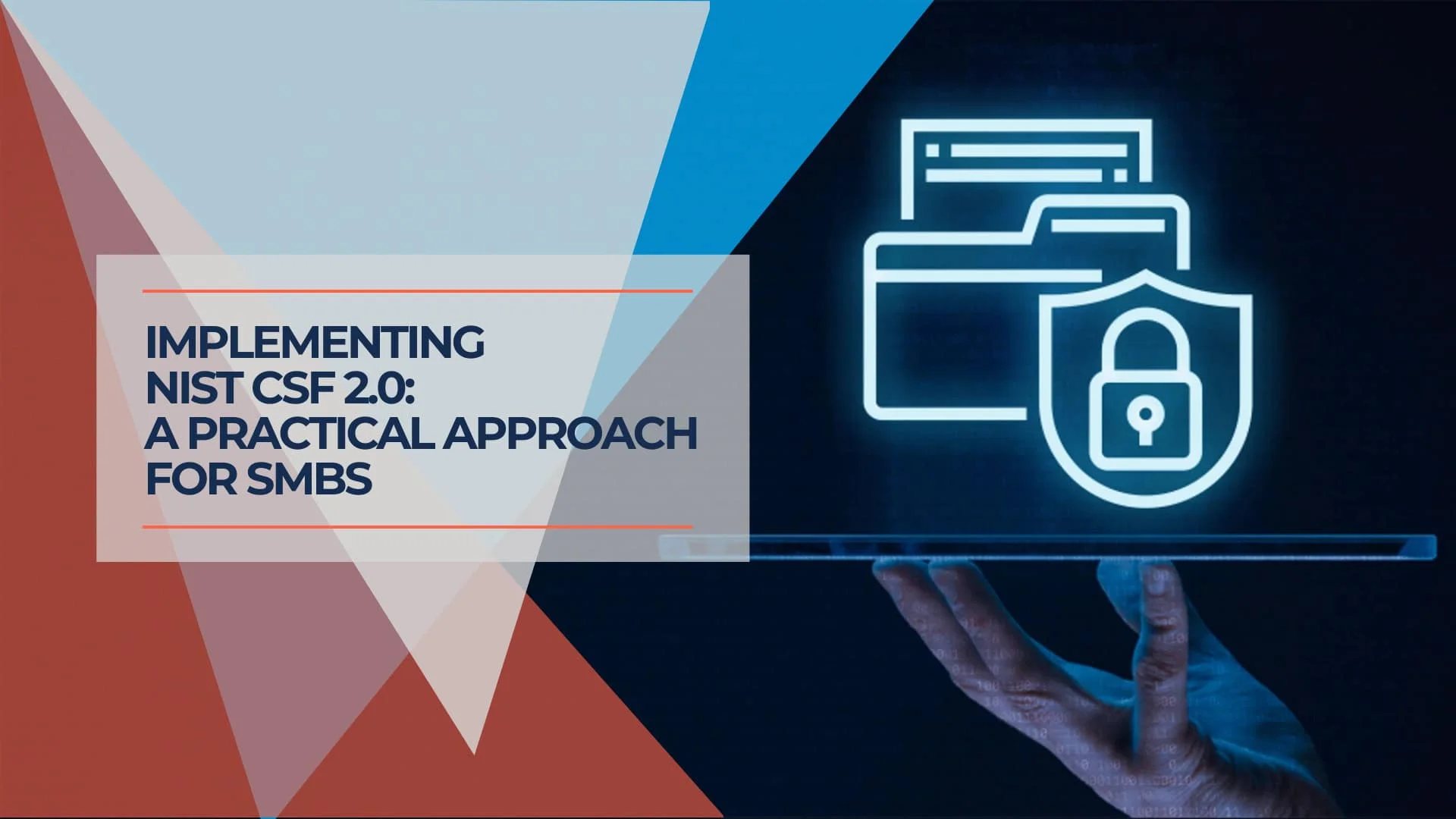
Small businesses are primary targets for AI-driven cyber threats. Learn how NIST CSF 2.0's six functions help protect against phishing, ransomware, and data breaches in 2026.
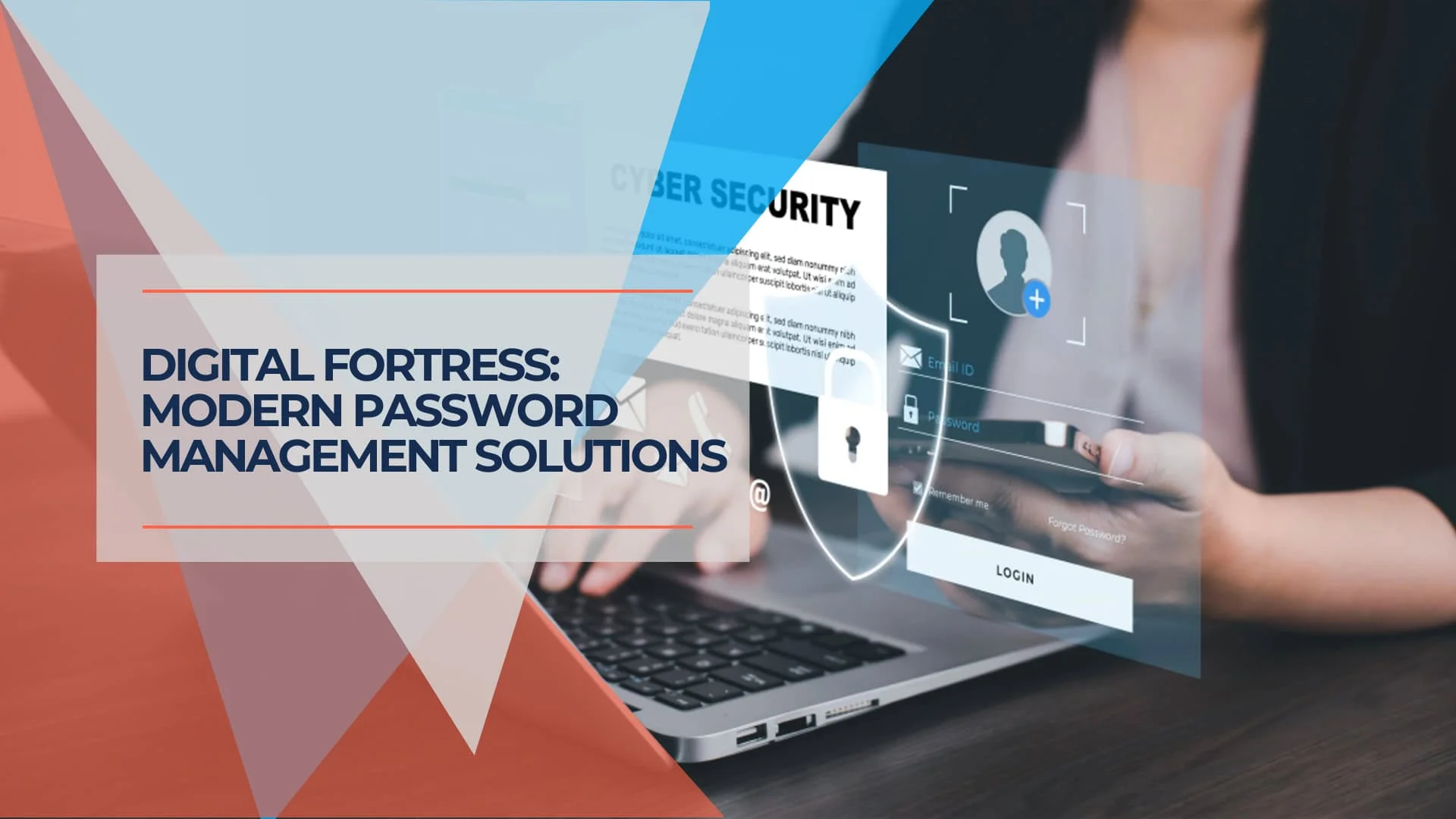
Compare the best password managers for AI threat protection: Proton Pass, NordPass, 1Password, Bitwarden, Google Password Manager, and Apple Passwords. Zero-knowledge encryption, passkey support, and pricing.

Practical guide to using Google services while managing privacy. Learn about Google AI Pro, Workspace pricing (annual vs monthly), cookie policy changes, and essential privacy settings to control your digital footprint.
Our expert team provides professional cybersecurity services for businesses in Miami and beyond.